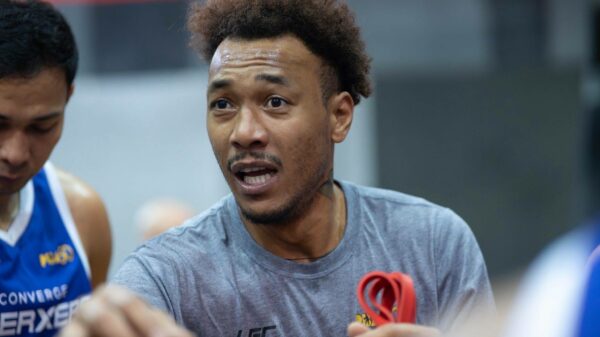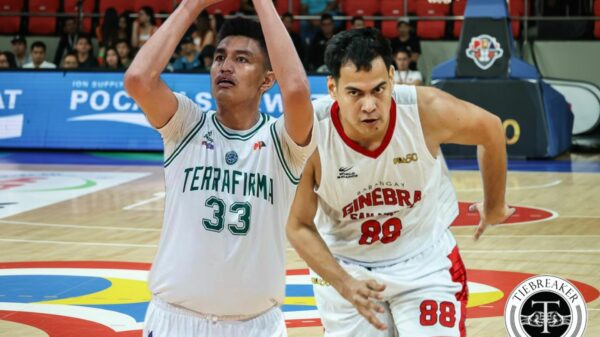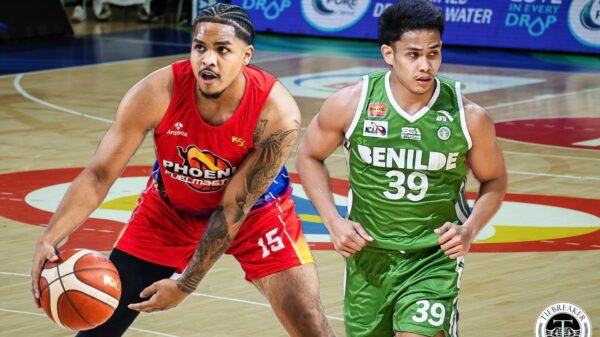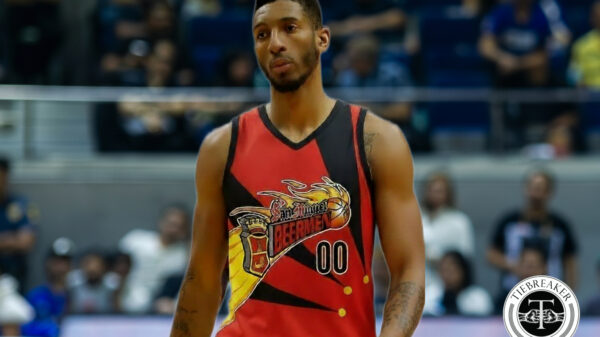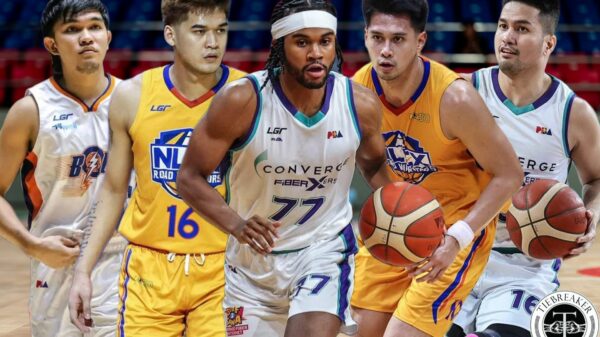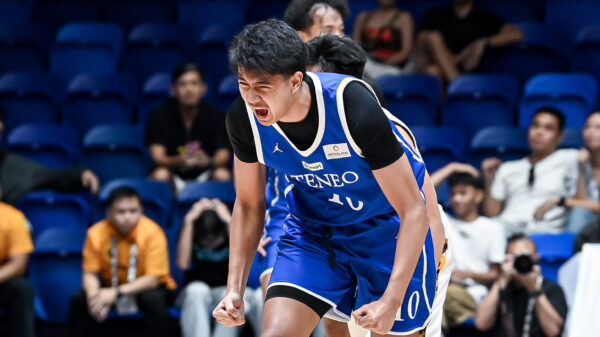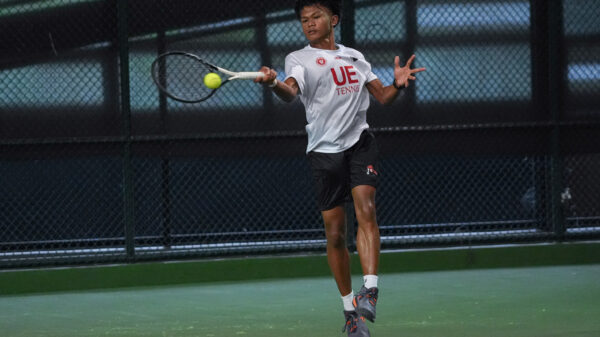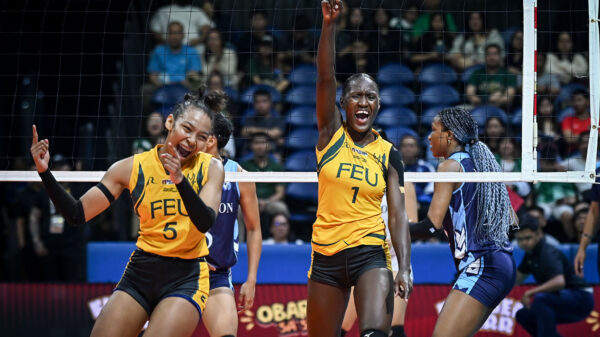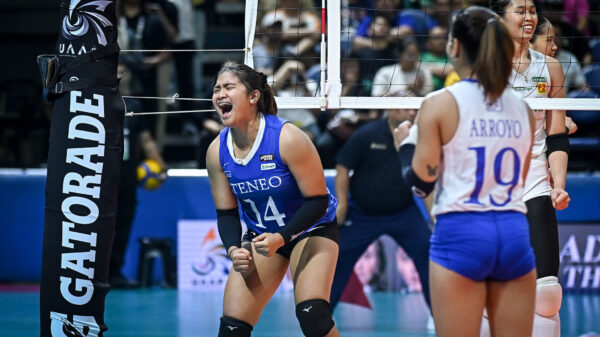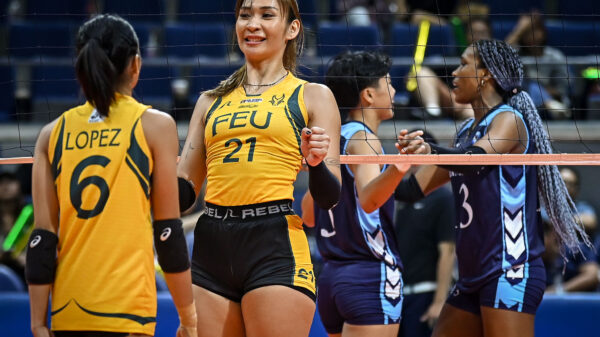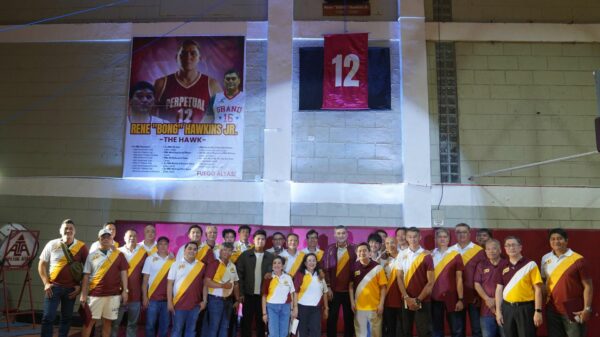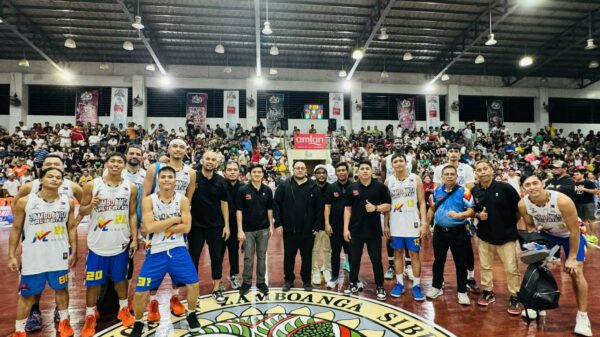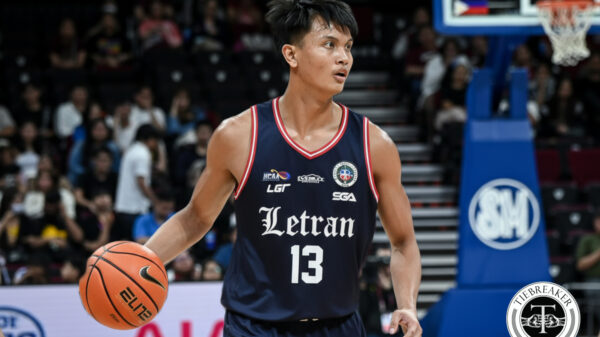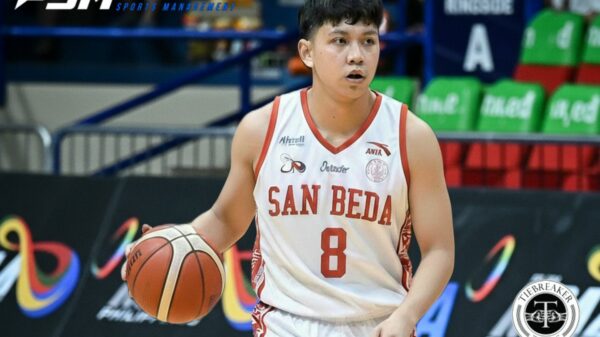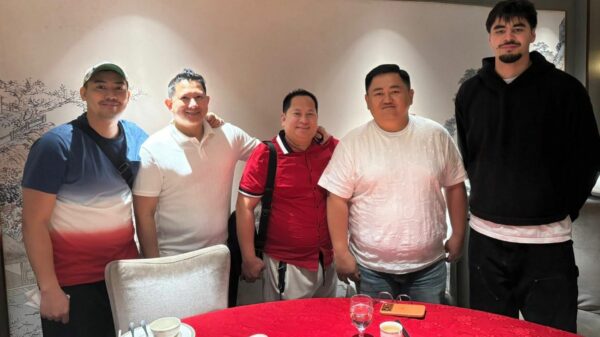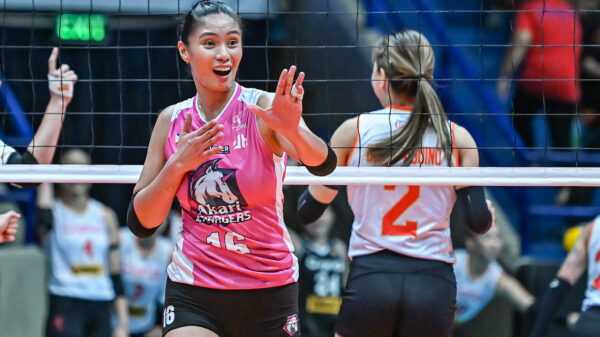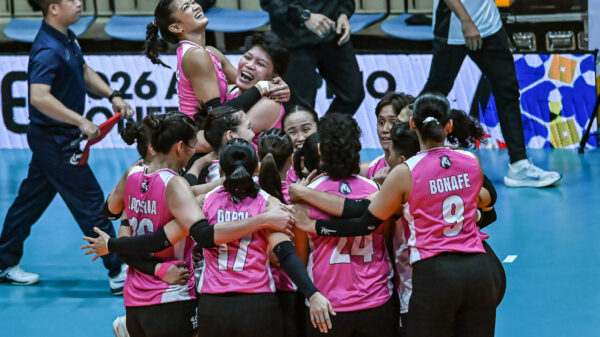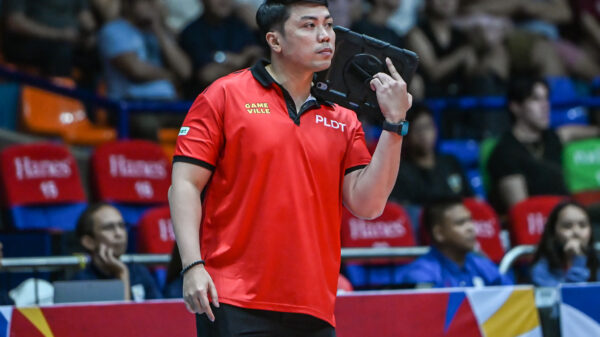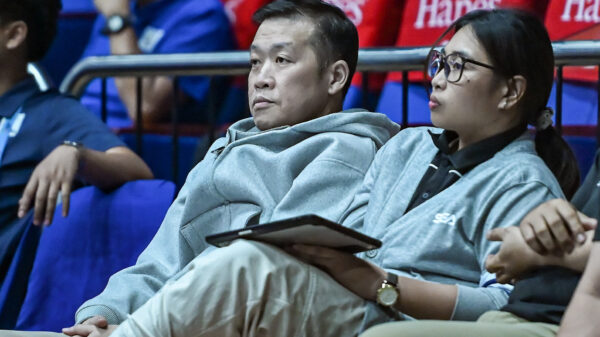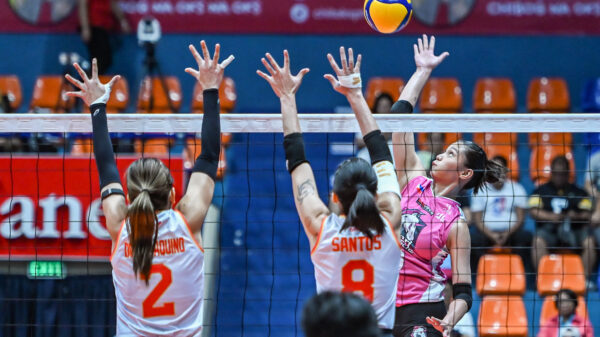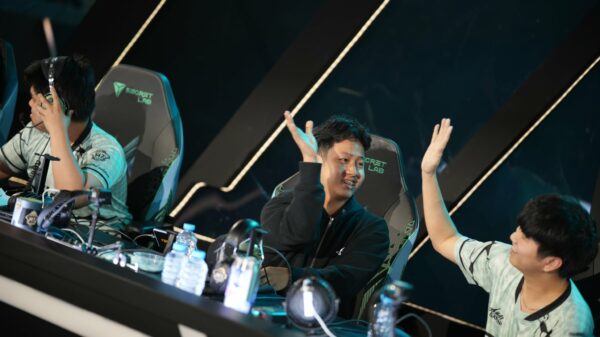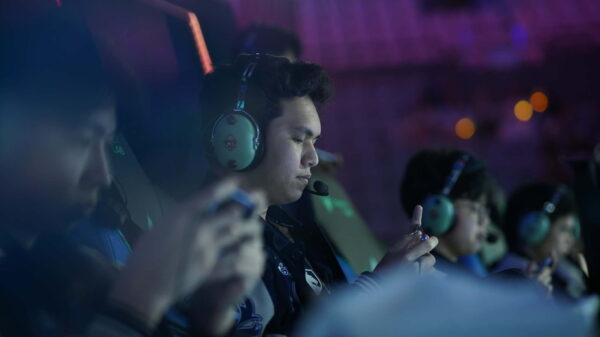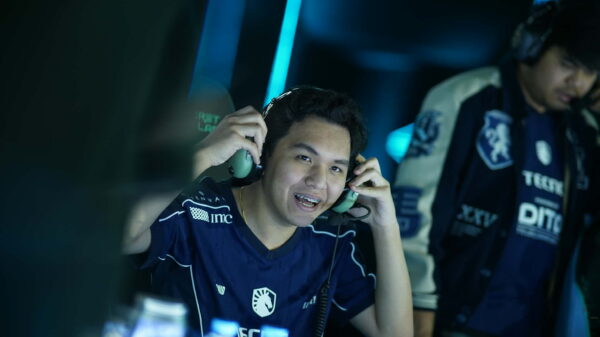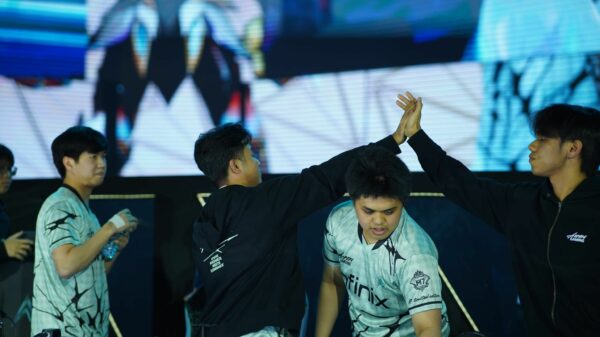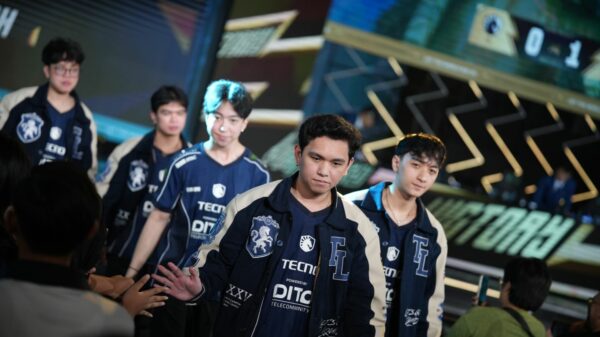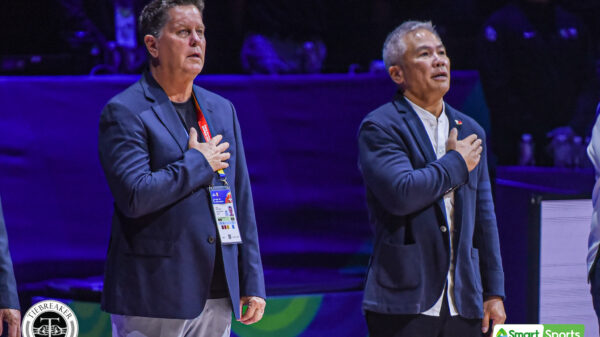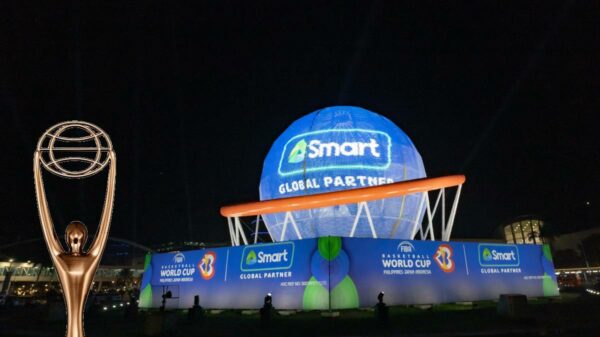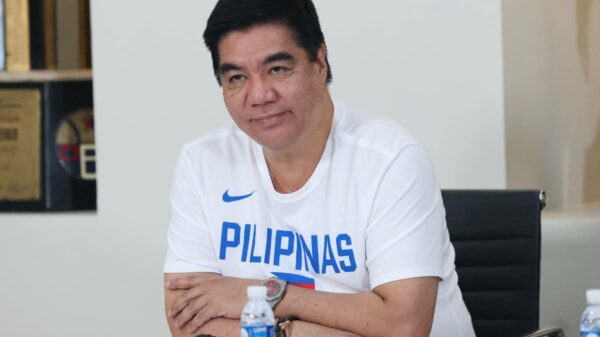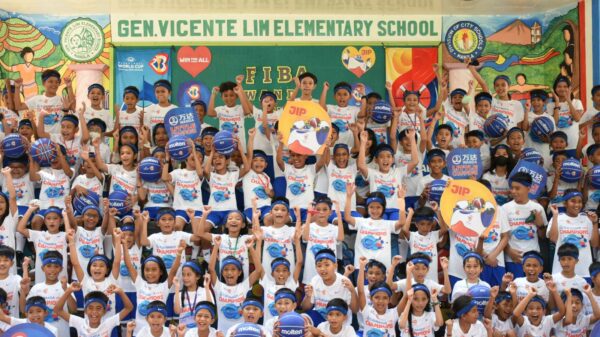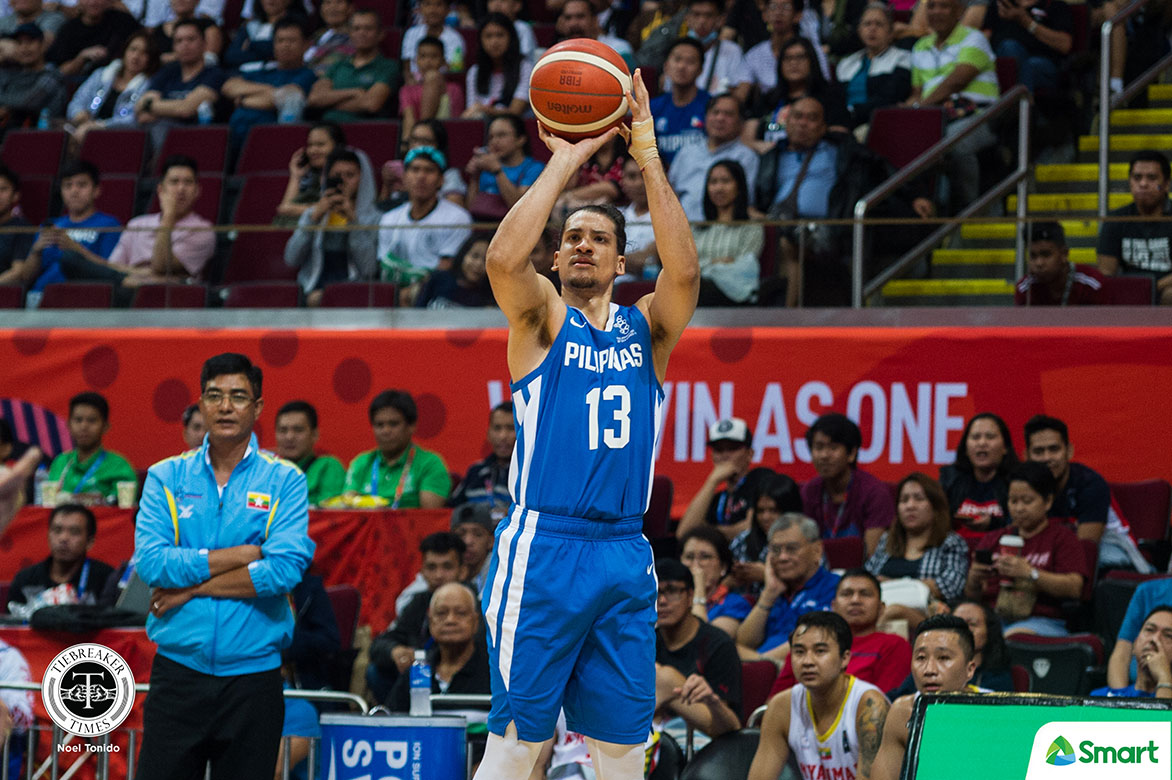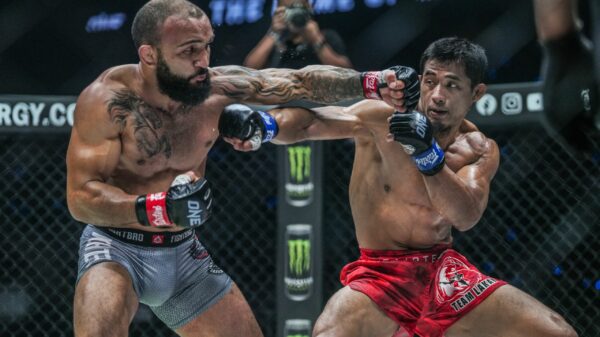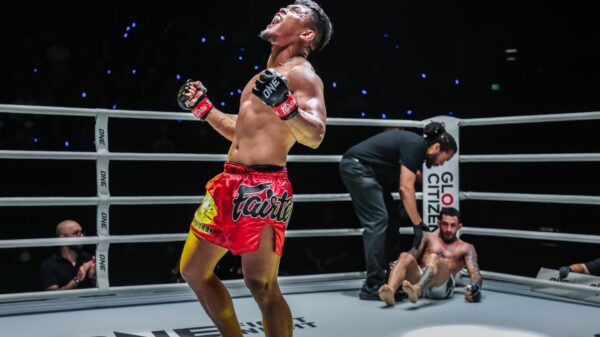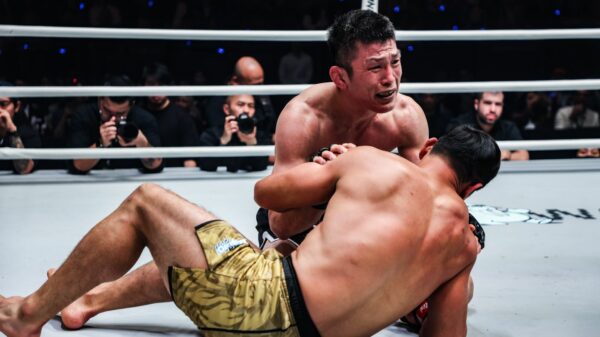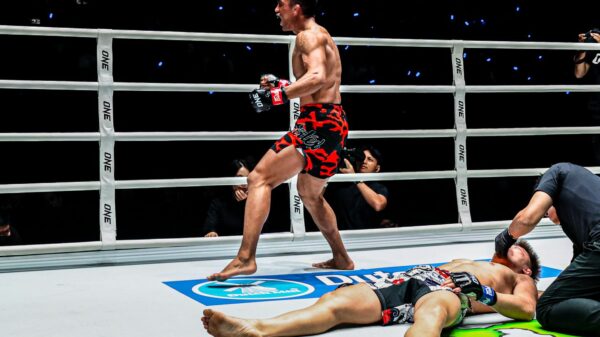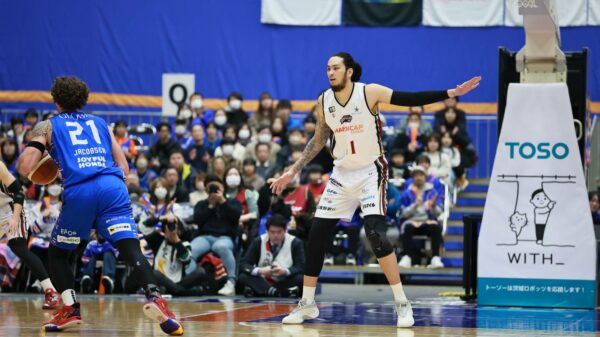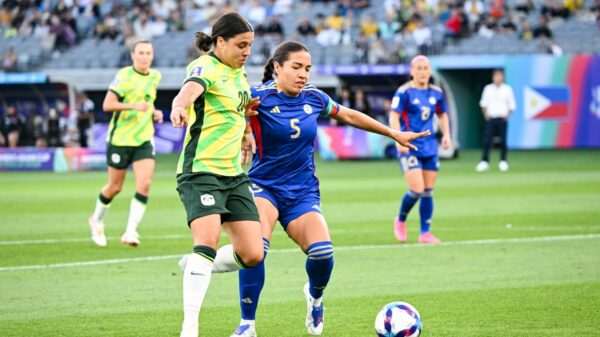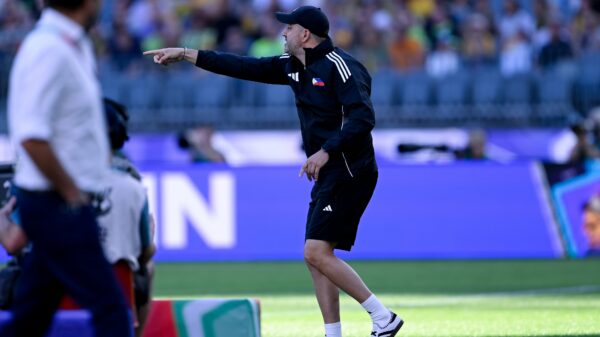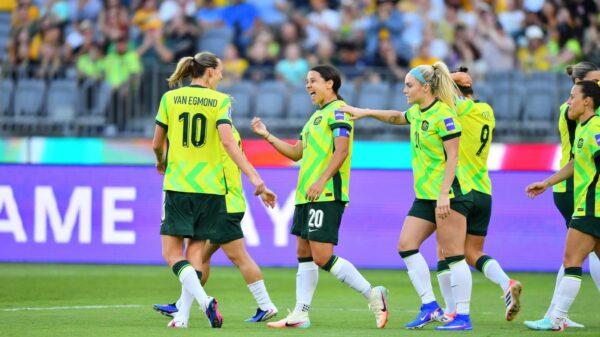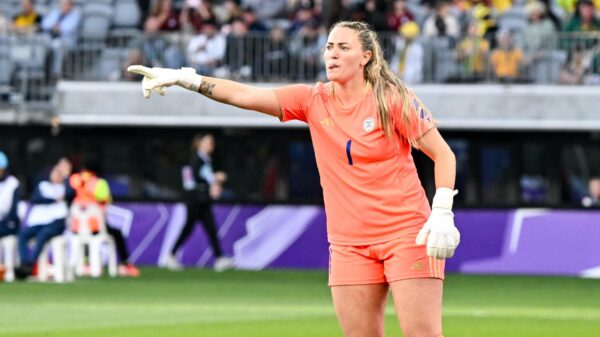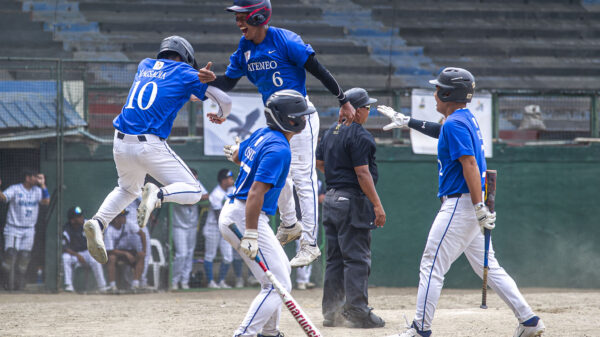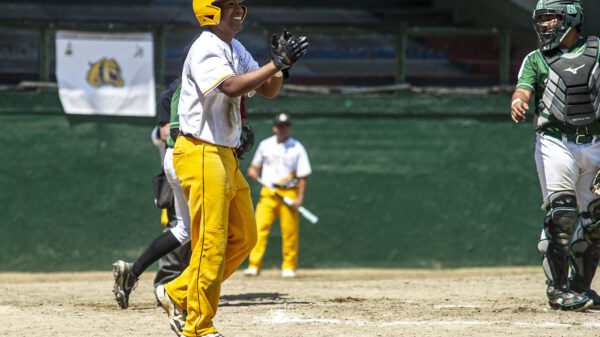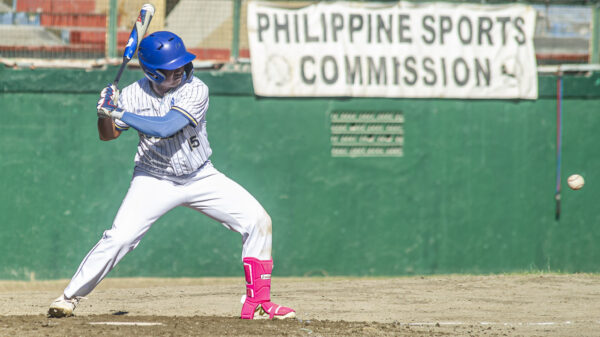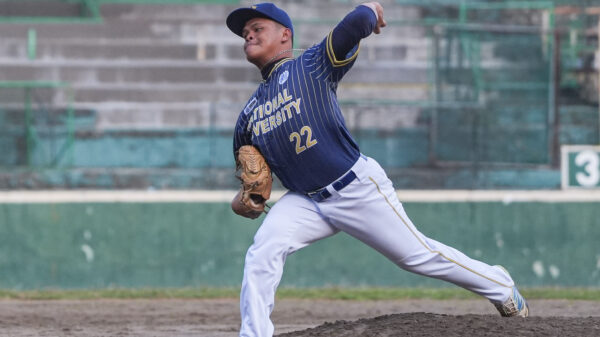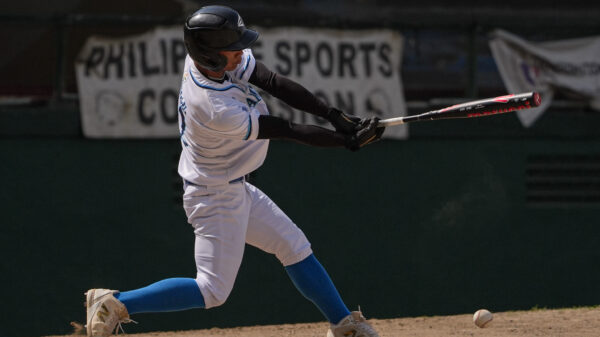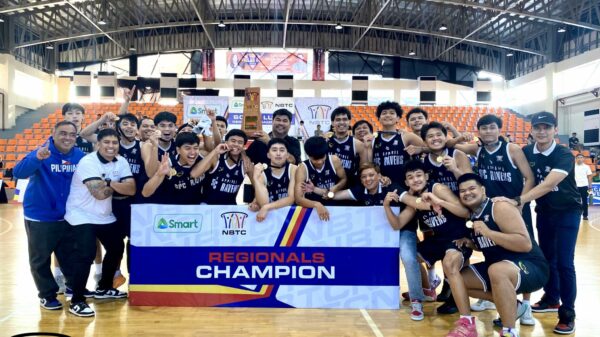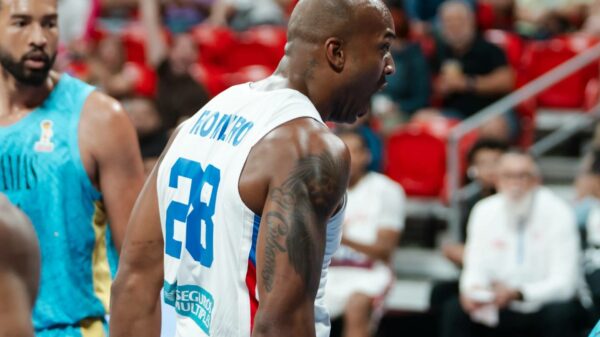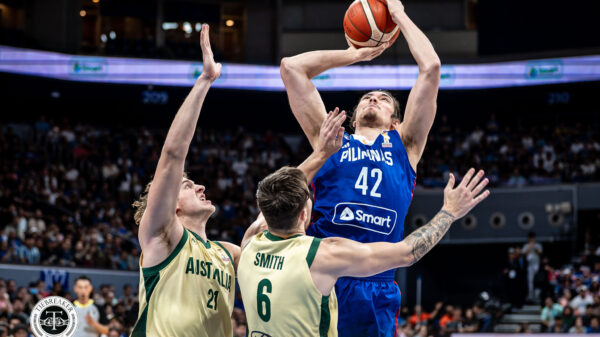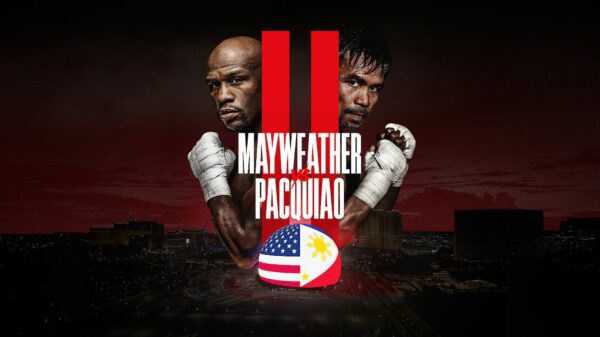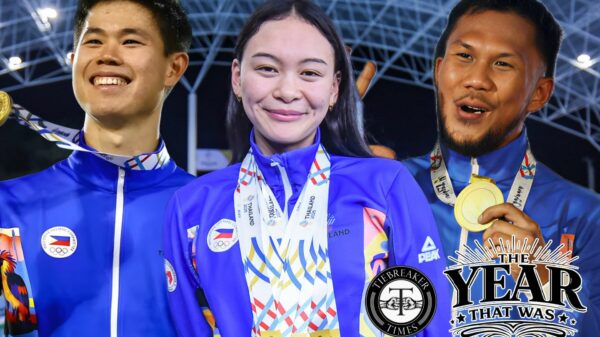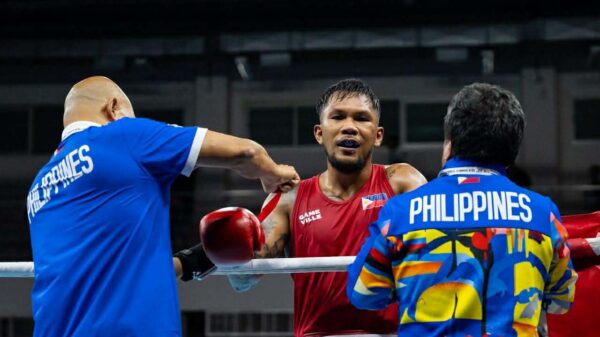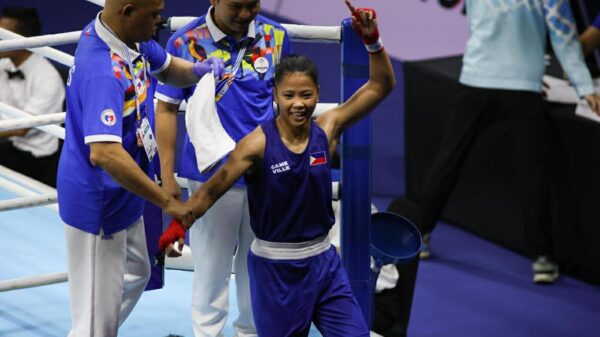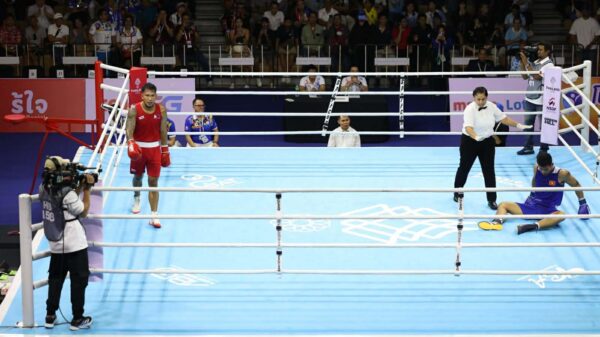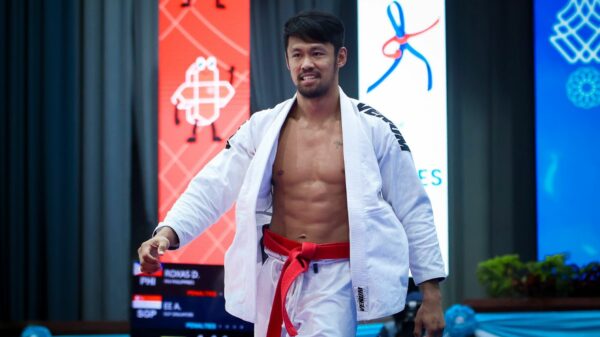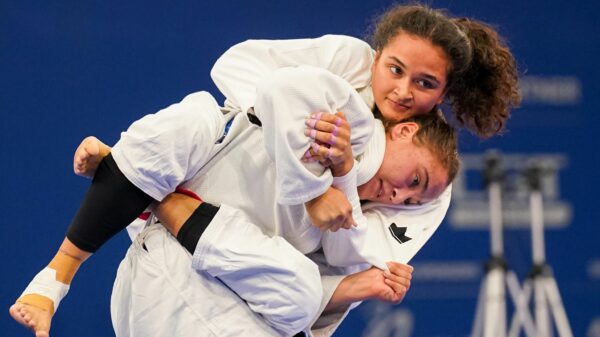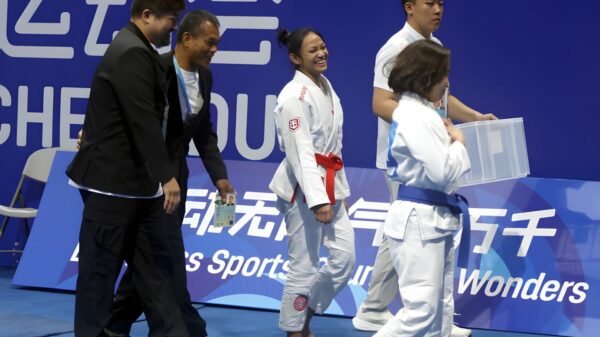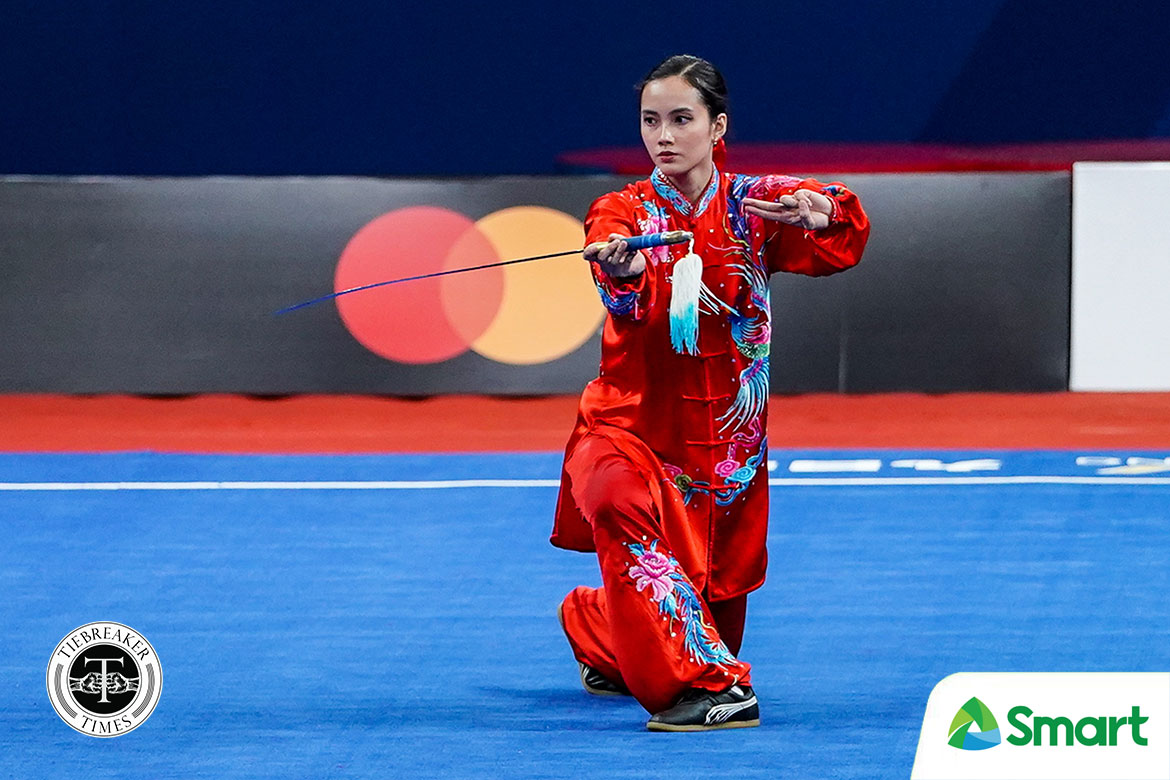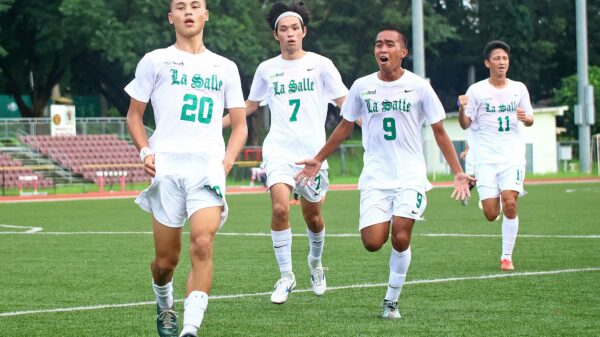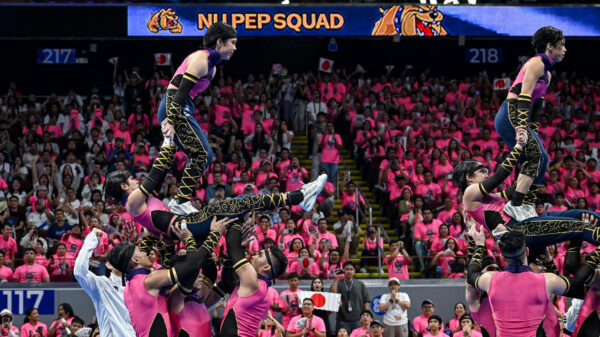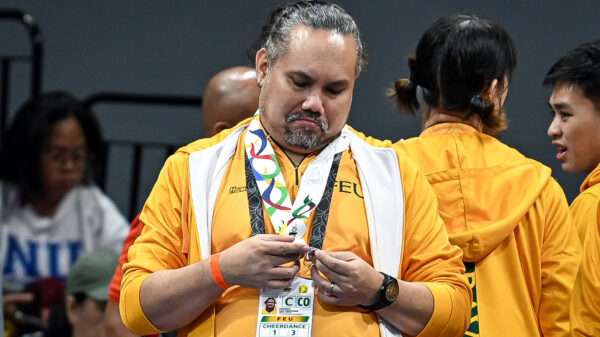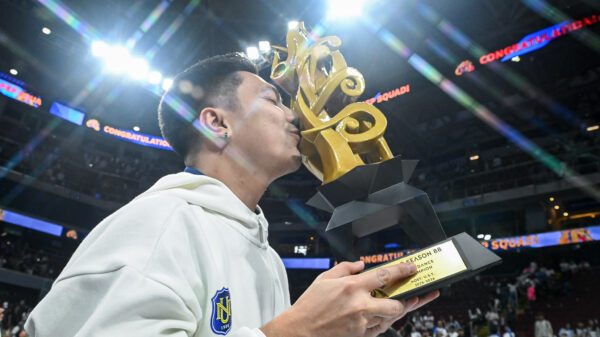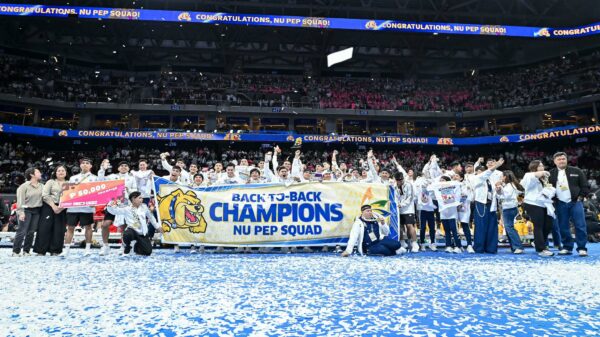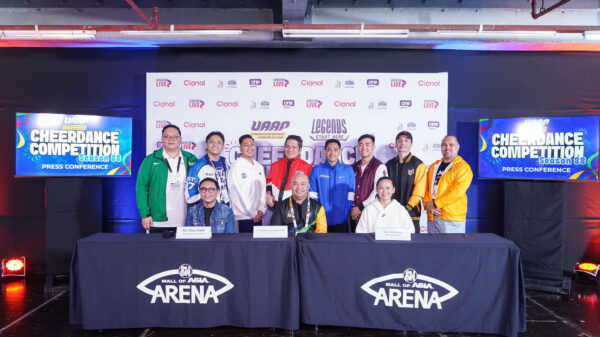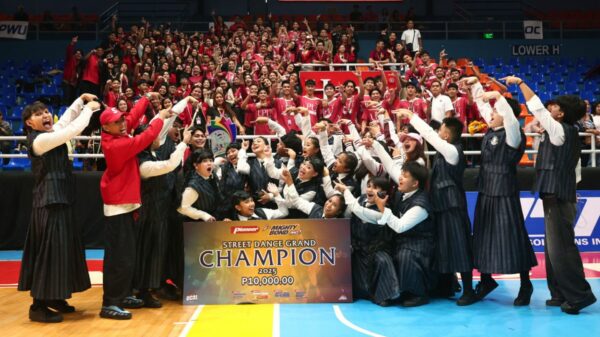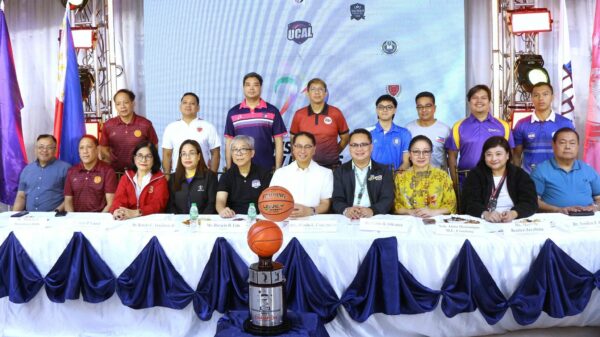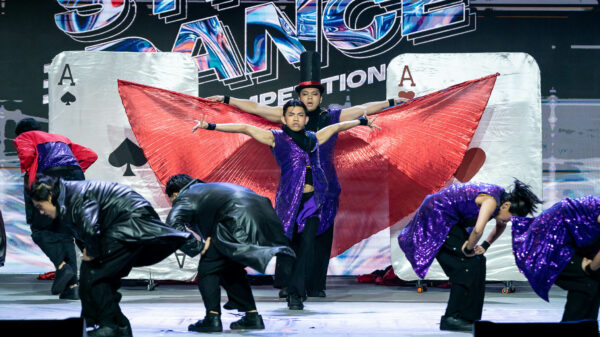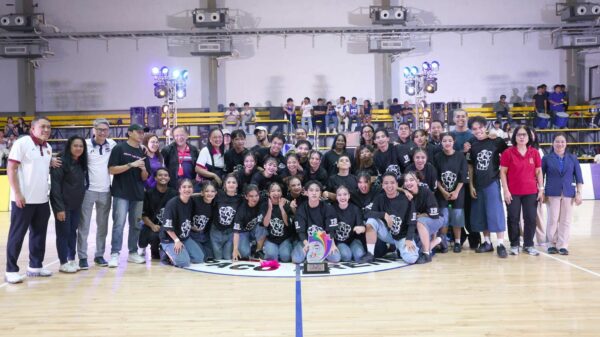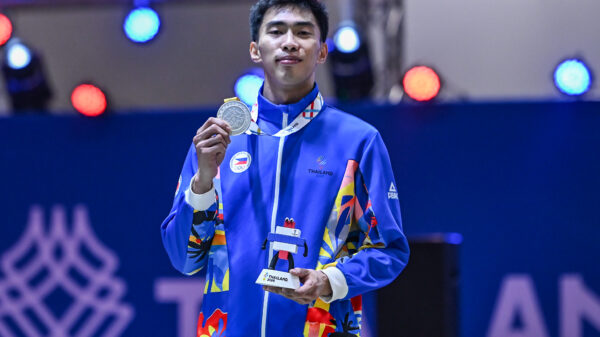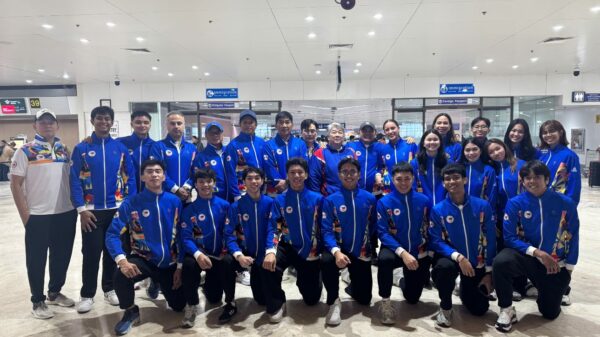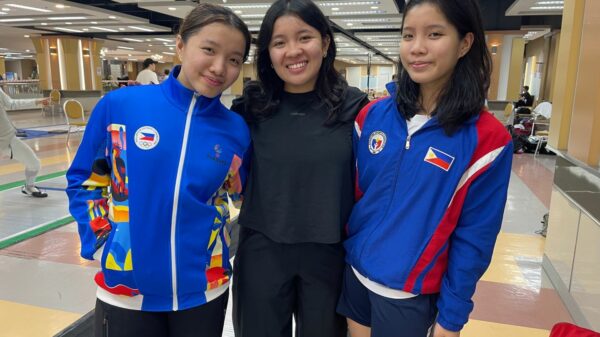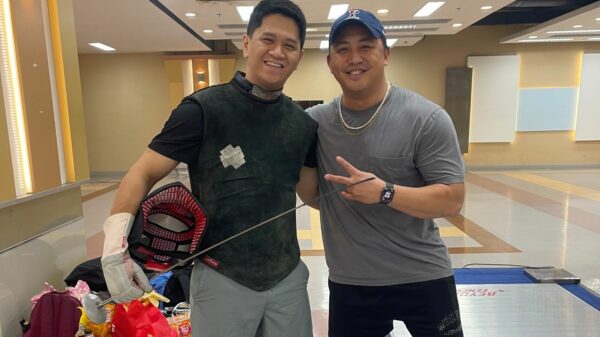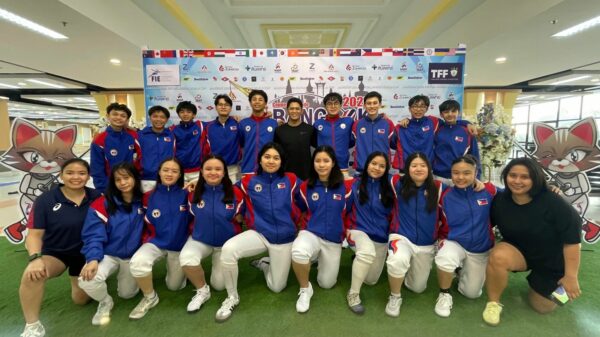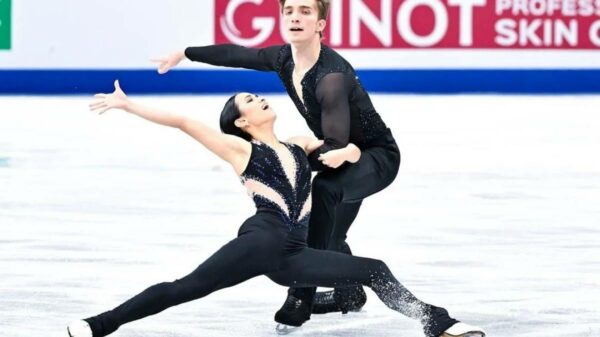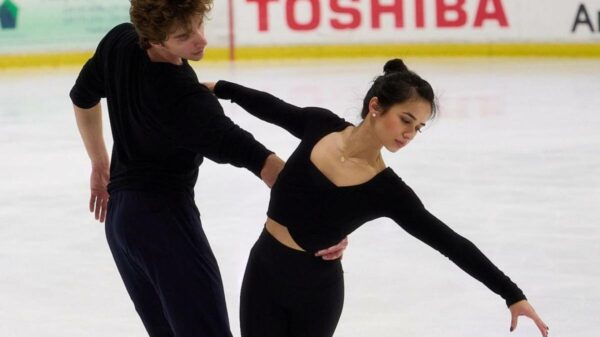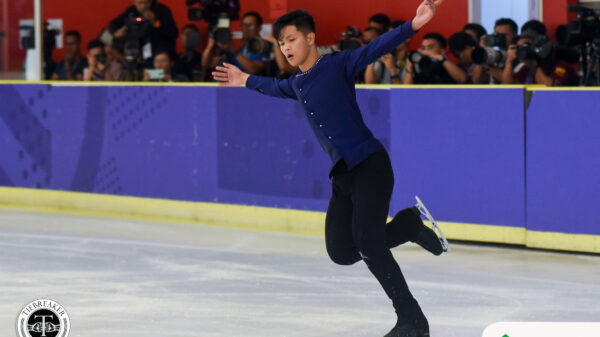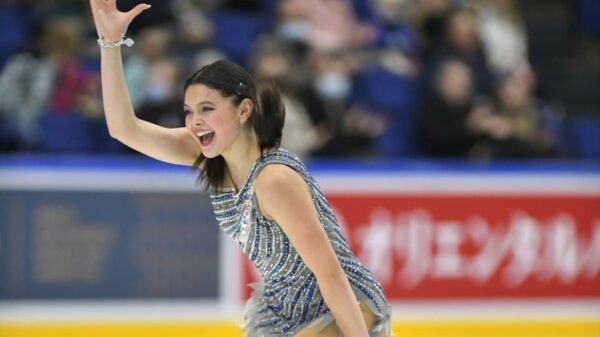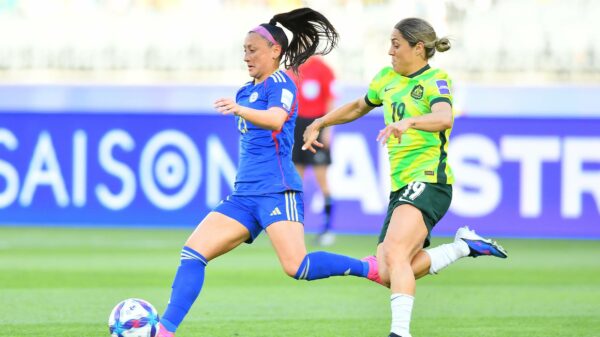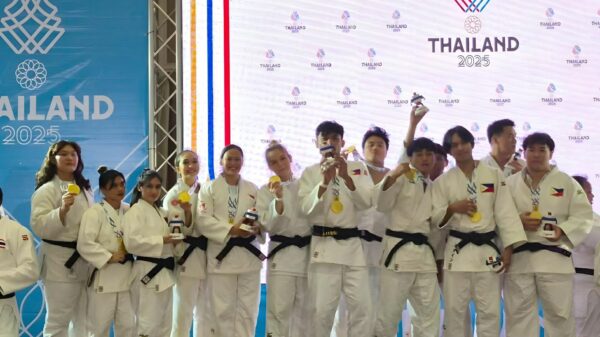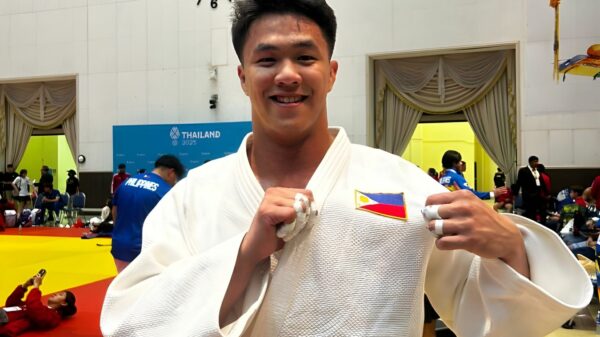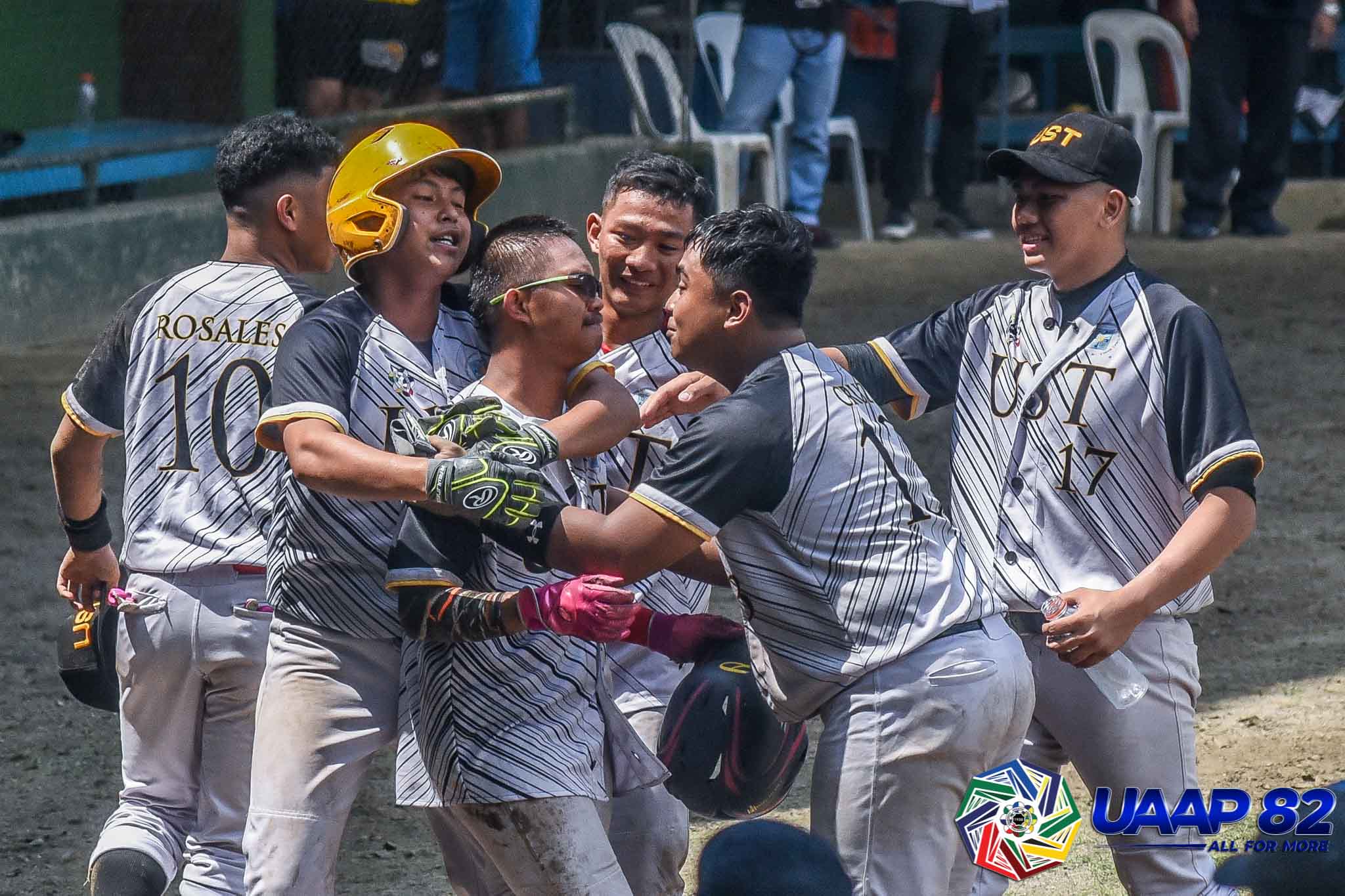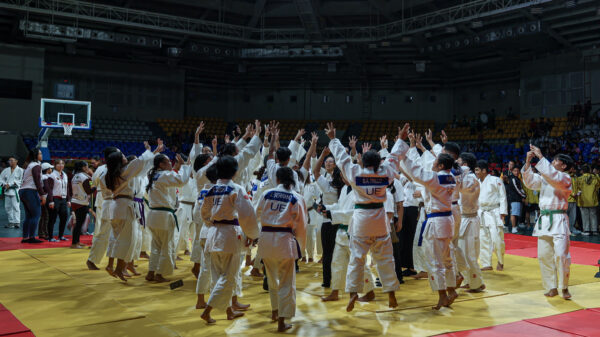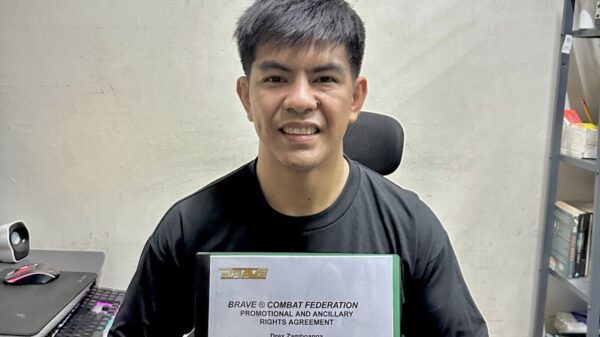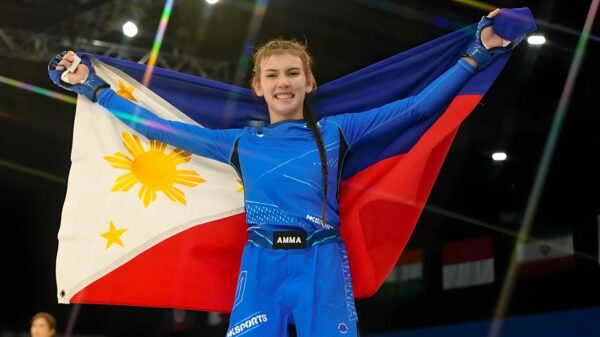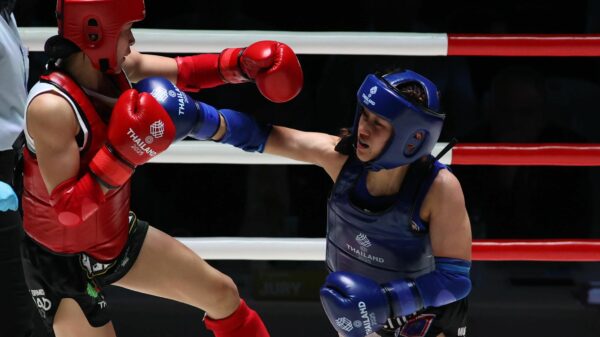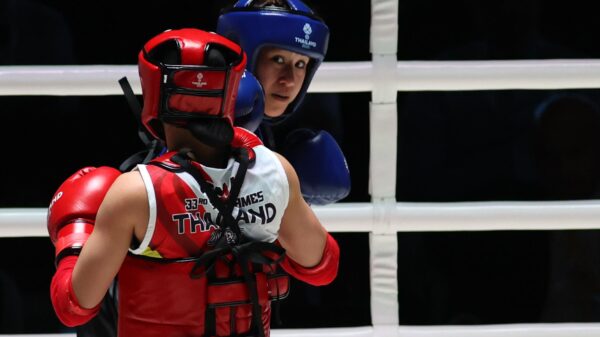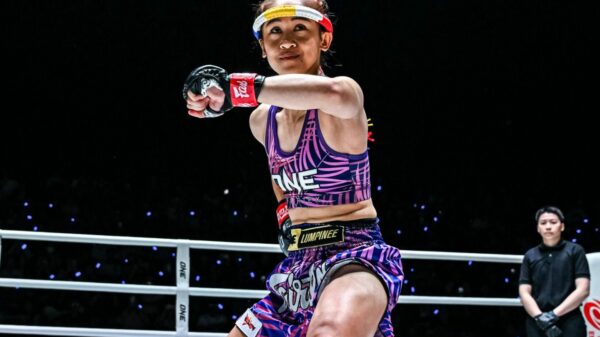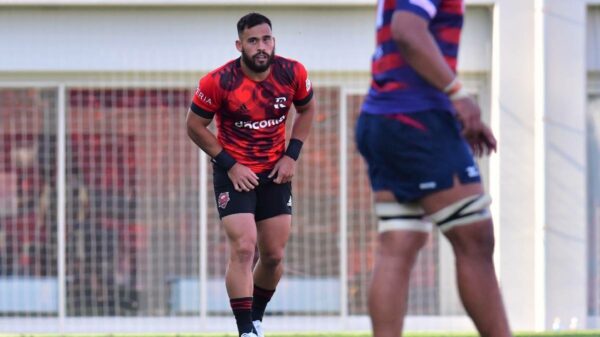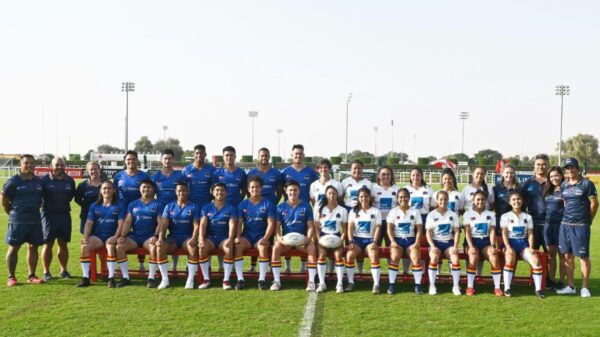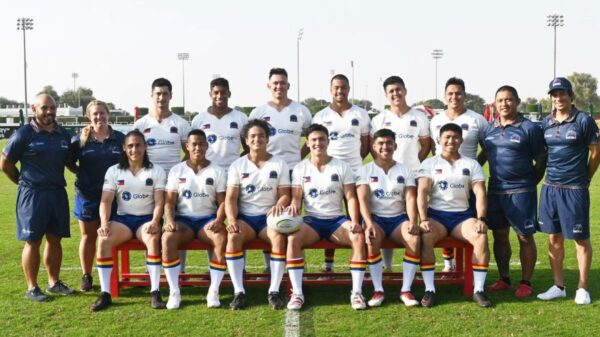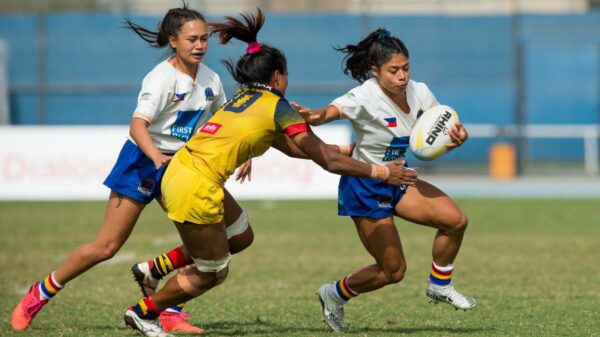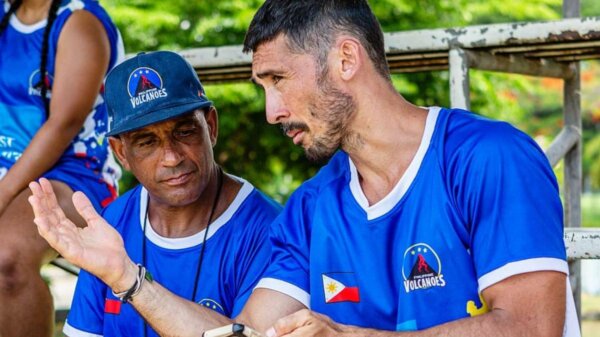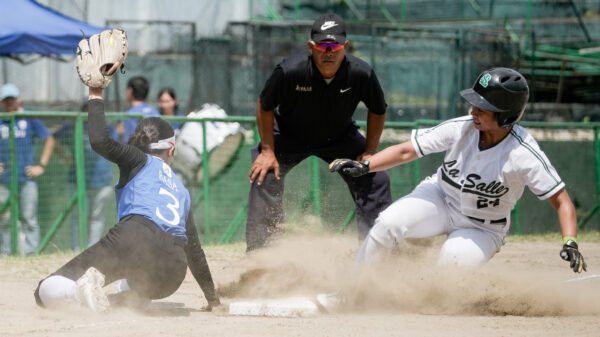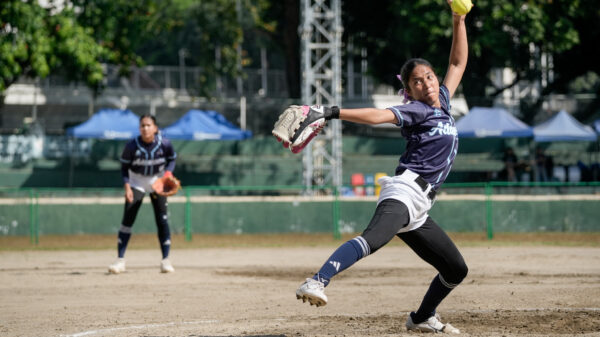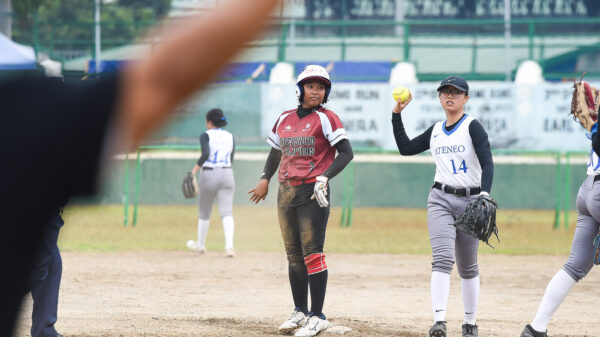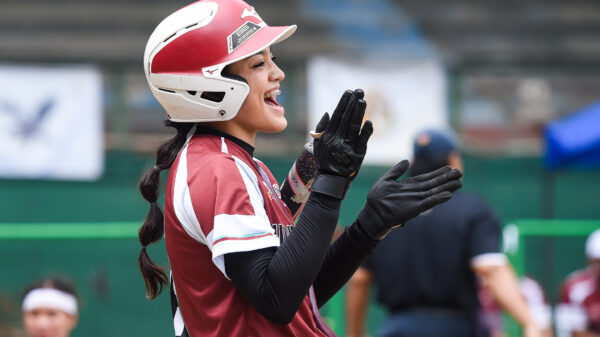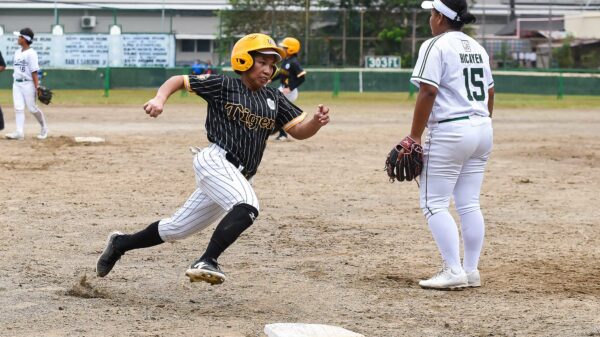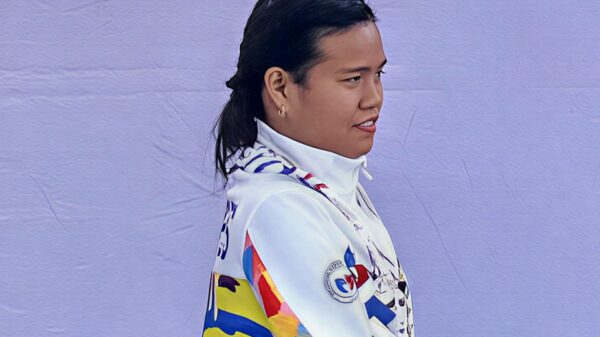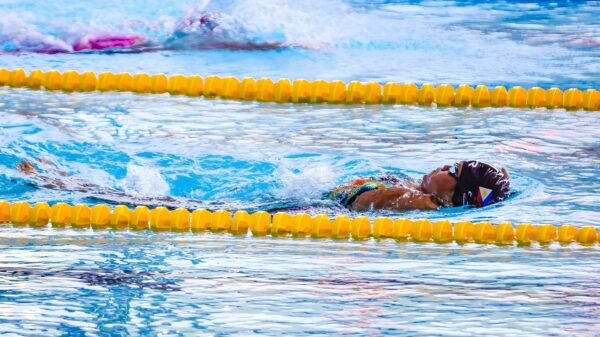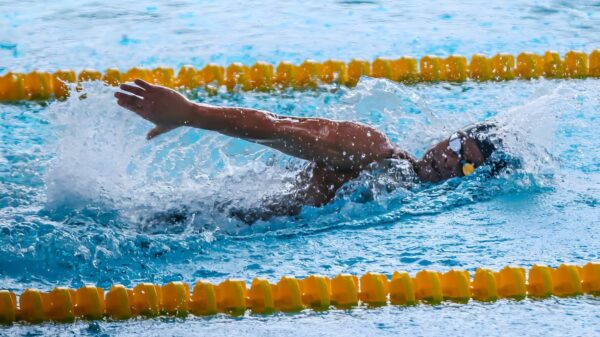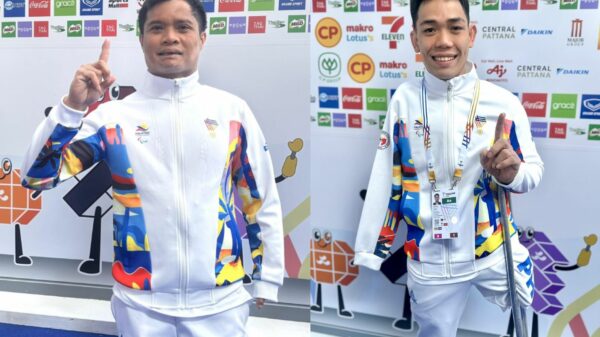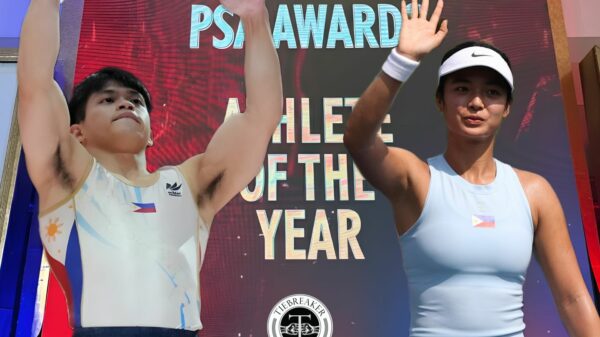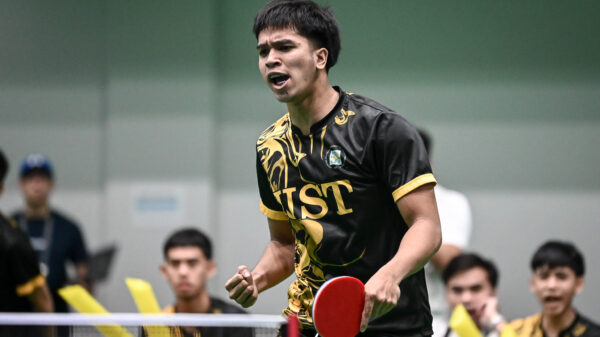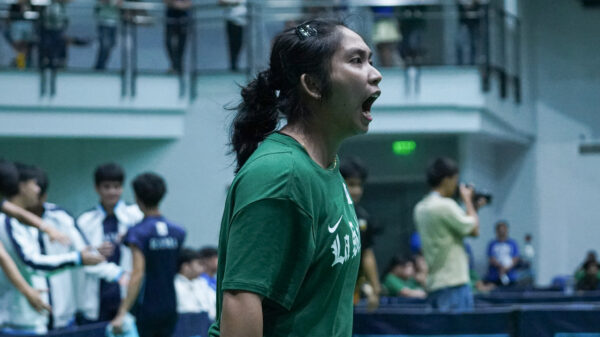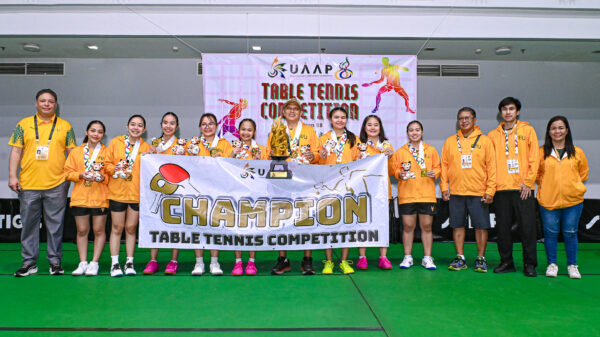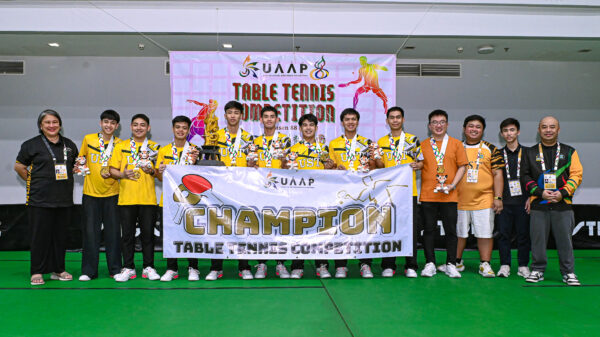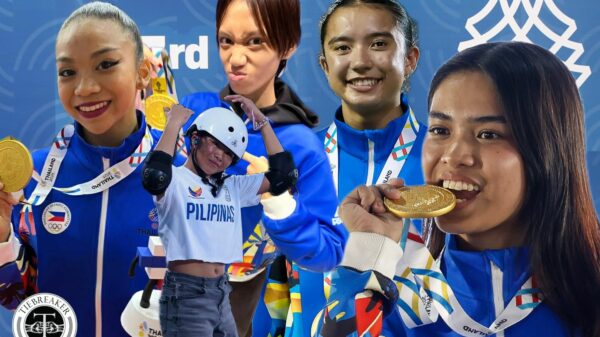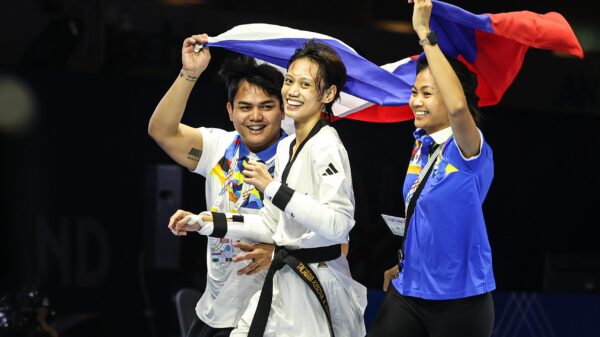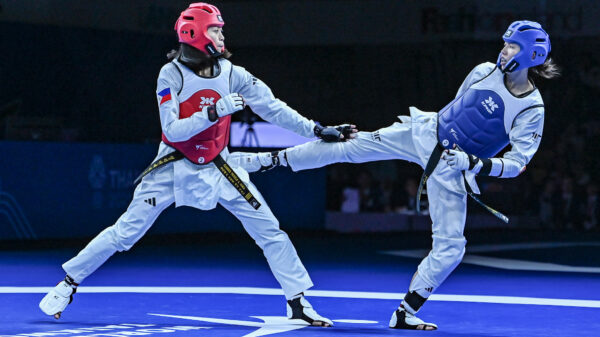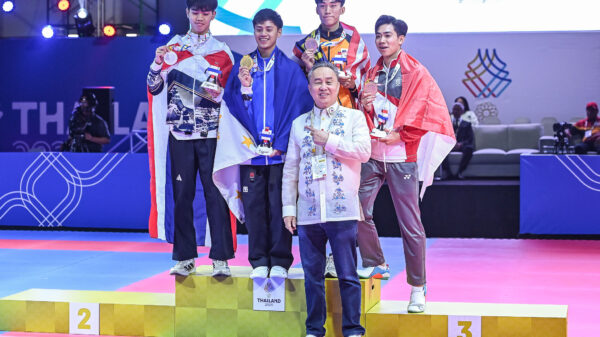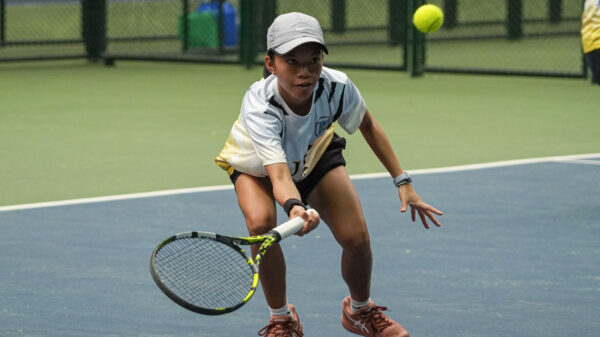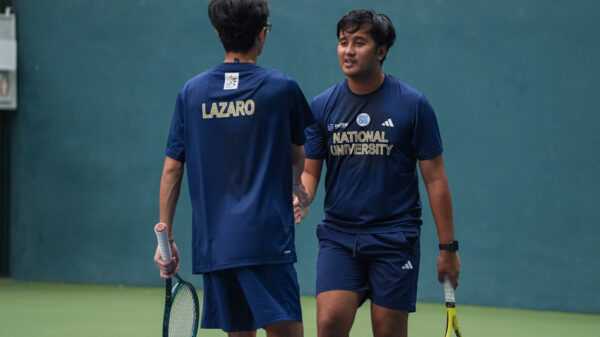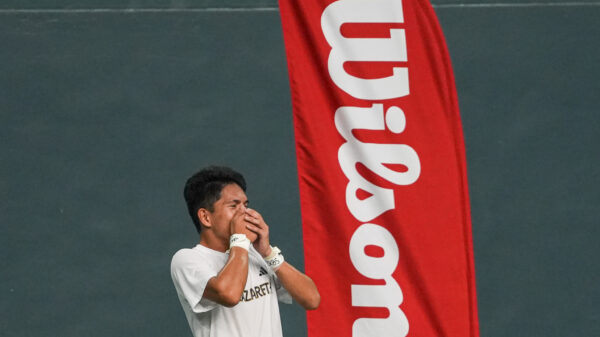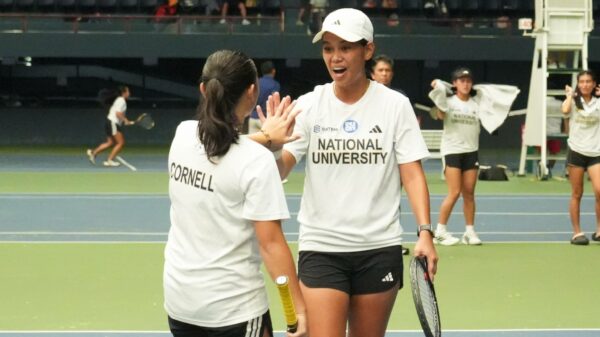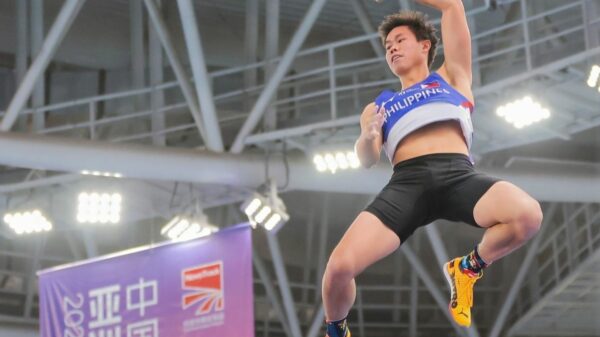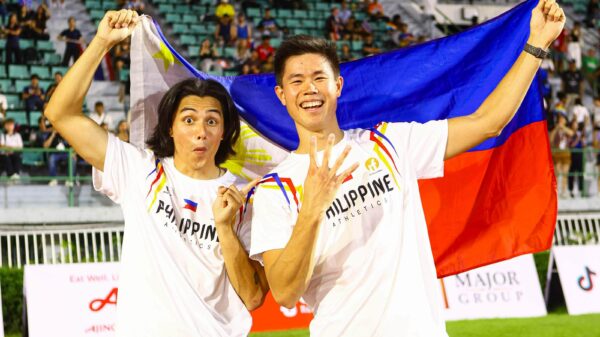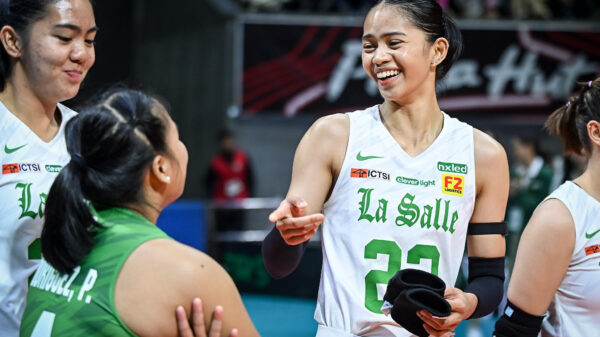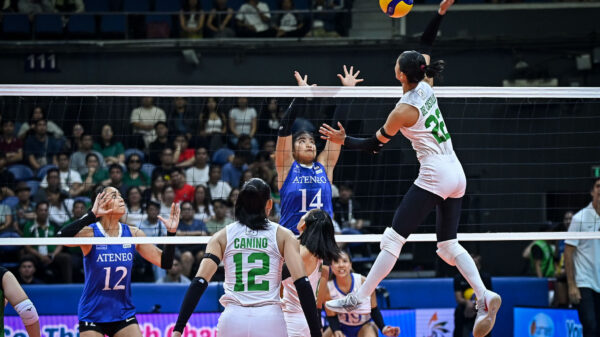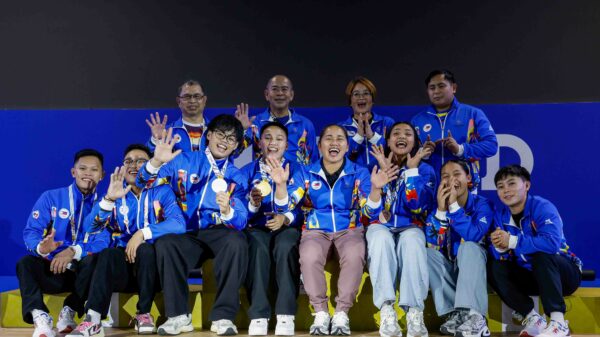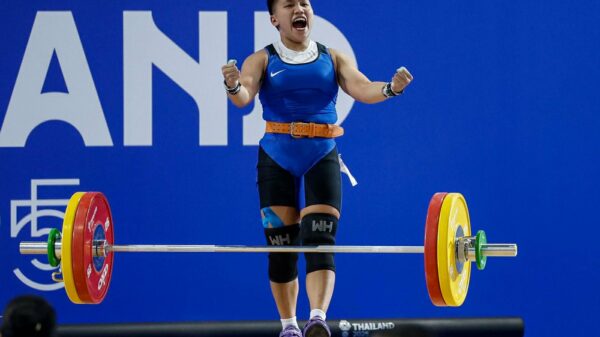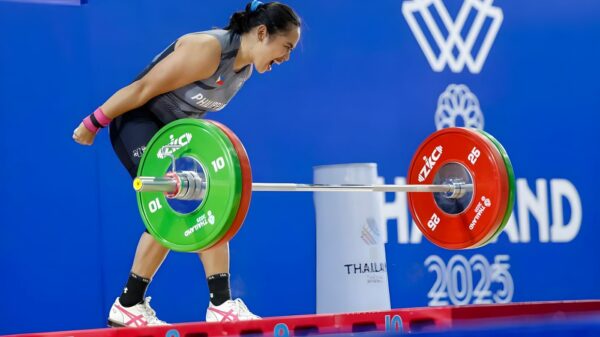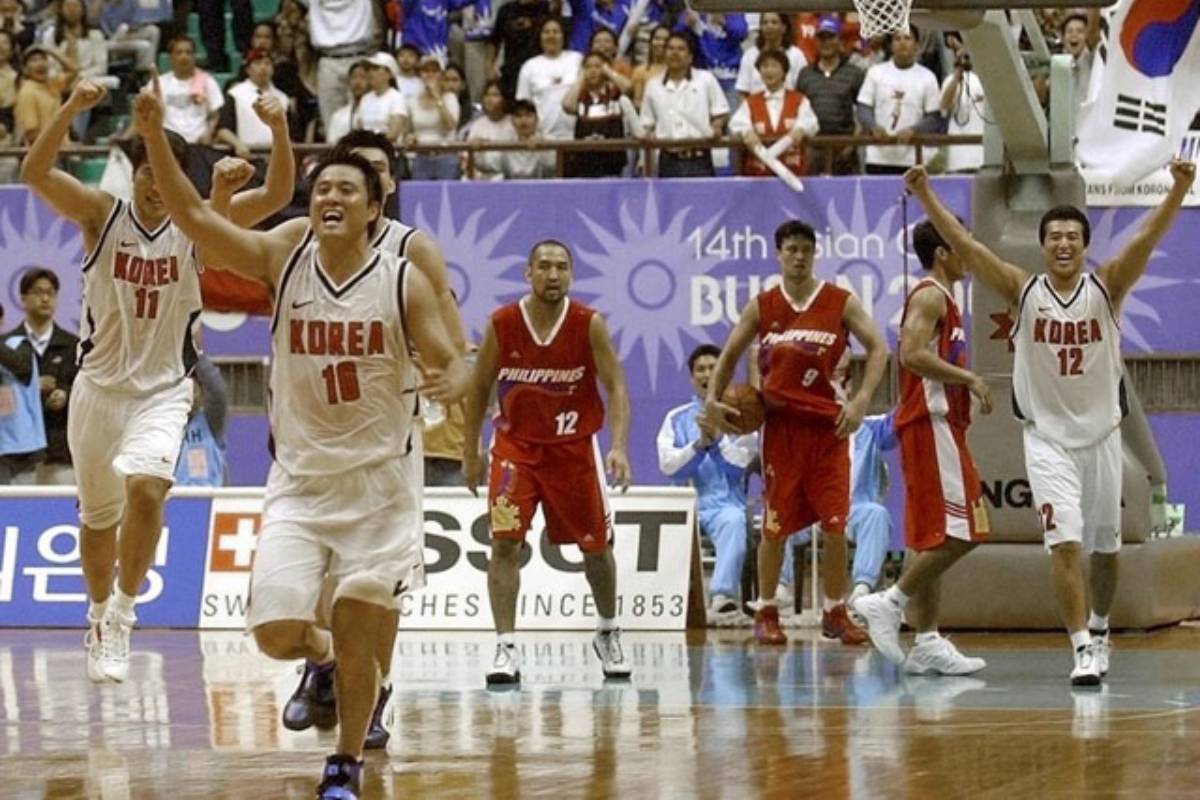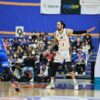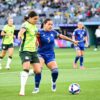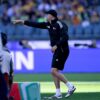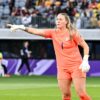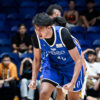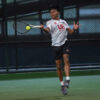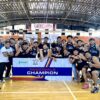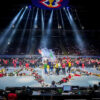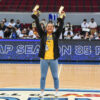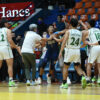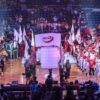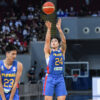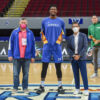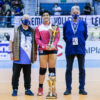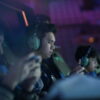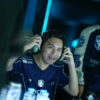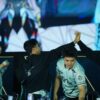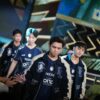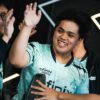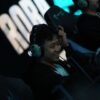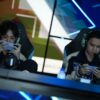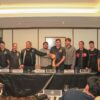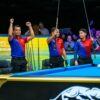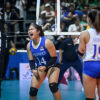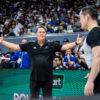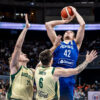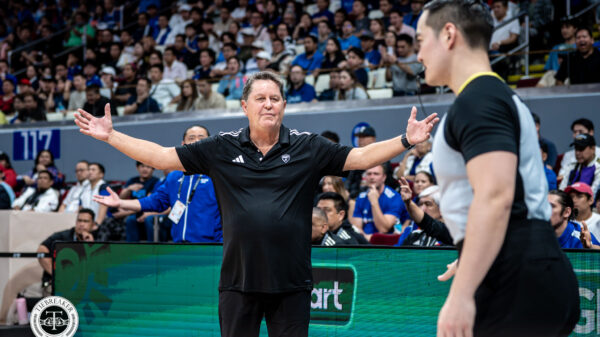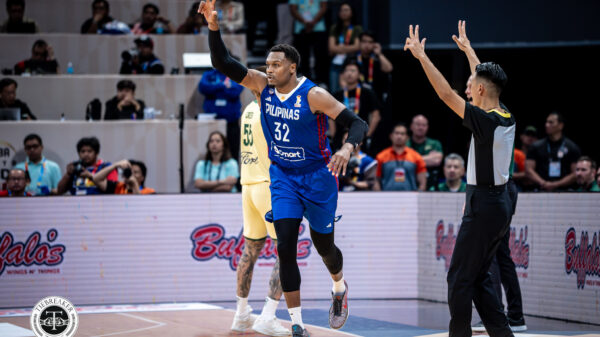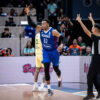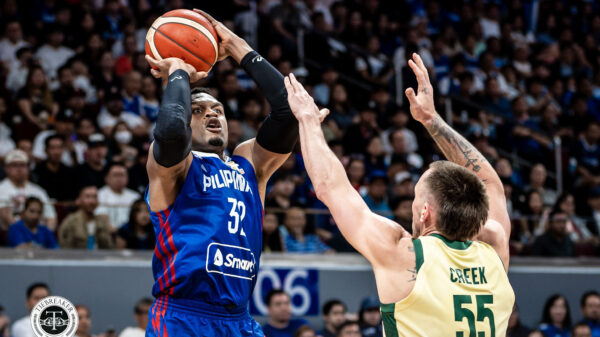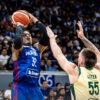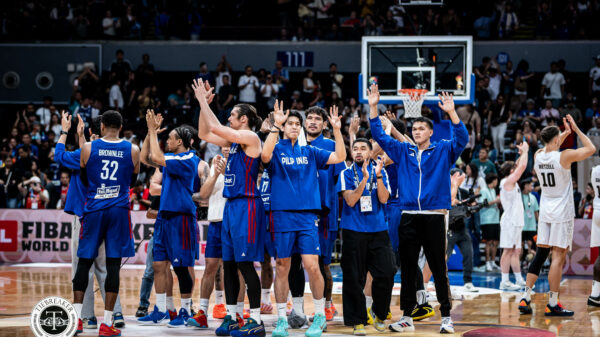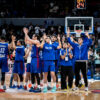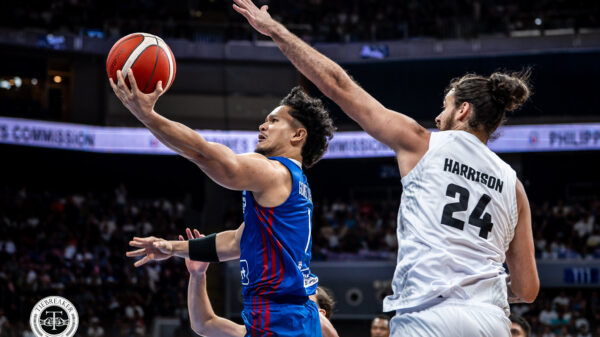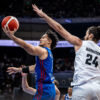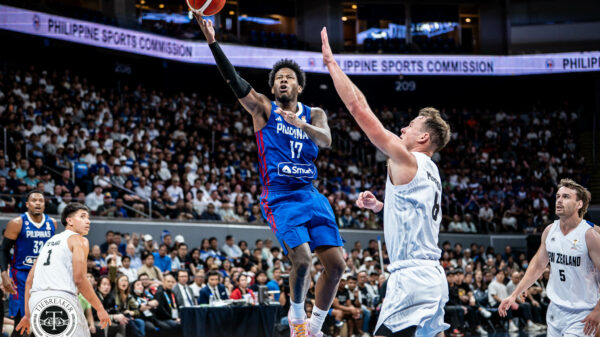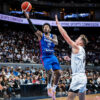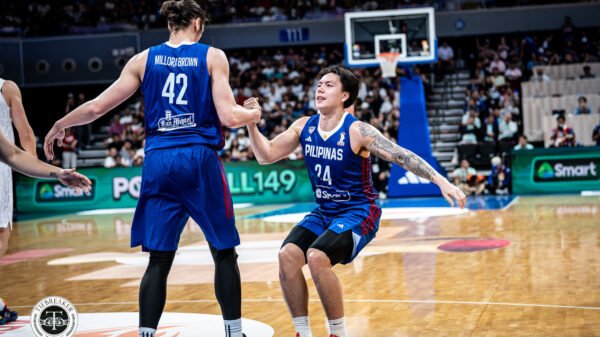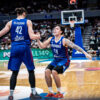Defying all odds and China, a Gilas Pilipinas squad completed just days prior to their departure for Hangzhou stands on the cusp of ending decades of frustration in the Asian Games.
The last time the Philippines won the Asian Games gold in the country’s undisputed favorite sport was in 1962 in Jakarta.
Two significant coincidences are worth noting.
The last time the country copped a medal in Asia’s premier athletic competition was in 1998 in Bangkok when the Centennial team won the bronze. That squad was handled by current Gilas Pilipinas coach Tim Cone.
The last time the Philippines played in the finals of the Asian Games was in Beijing when the first ever all-pro national team lost to China, 90-76, on October 6, 1990.
Tonight, Gilas Pilipinas will be making its first finals appearance in the Asian Games in 33 years when they go up against unbeaten Jordan.
The Philippines has had better results in FIBA competitions compared to the Asian Games. The country and its fans have in fact gone through a litany of painful losses in the Asian Games that it seemed as if the heartbreaks have become a quadrennial tradition.
1974, Tehran, Iran
The Philippines found itself bracketed with Israel which was bannered by Mickey Berkowitz, one of the greatest Israeli basketball players of all time who in 1991 was named amomg FIBA’s 50 Greatest Players, and Talbot “Tal” Brody, an Israeli-American who previously played for the US Team and was drafted 12th overall in the NBA. Israel blasted the Philippines in the preliminary round, 73-122.
Robert Jaworski, Bogs Adornado, Atoy Co, Philip Cezar, Ramon Fernandez, Rudy Soriano, Abet Guidaben, Johnny Revilla, Danny Florencio, Jimmy Mariano, Yoyong Martirez and Dave Regullano recovered with back-to-back victories over host Iran, 93-91, and China, 91-86, but dropped a squeaker to North Korea, 89-91.
The Philippines ended their campaign with three straight losses, falling In the semifinals to Israel, 101-123, and in the battle for the bronze to China, 89-102.
1978, Bangkok
The Philippine team paraded the two tallest players in the land at that time, 6-foot-8 Boni de Jesus and 6-foot-6 Romulo Mamaril. The other members of the squad were Yoyoy Villamin, Padim Israel, Marte Saldaña, Bai Cristobal, Joel Banal, Alex Clariño, Ramon Cruz, Caesar Yabut, Nathaniel Castillo, and Pol Herrera.
Height, unfortunately, would not be enough for the team which won four games and lost four to place 5th in the competition. The Philippines downed Asian lightweights Pakistan, Bahrain, and Saudi Arabia, but was dominated by South Korea in the preliminary round, 78-95.
In the final round, the Philippines only won against host Thailand but was beaten by China, Japan, and North Korea by an average of 17 points.
1982, Jakarta
A slight improvement happened as the team finished 4th, but once again missed out on a podium finish.
The Nat Canson-coached Philippine team paraded the first Filipino-American that played in the Asian Games, Willie Pearson from the Chaminade University in Honolulu. The other members of the squad who eventually made it to the PBA were Joey Loyzaga, Boyko Launchengco, Dante Gonzalgo, Onchie Dela Cruz, Sonny Cabatu, Jojo Villapando, Noni Robles, Rey Perez, Adonis Tierra, and Jay Ramirez.
The team got off to a hot start, breezing through the preliminary round with a 3-0 sweep, including a merciless 183-40 shellacking of Yemen.
But any lofty expectations were immediately quashed in the final round when they were dealt a blowout, 99-132, by eventual champion South Korea which featured a 23-year-old hotshot who would eventually become one of the best Asian perimeter shooters in history, Lee Chung Hee. Wins over Kuwait and North Korea would not be enough as the team was thoroughly defeated by China and Japan. Adding insult to injury was a stinging loss to Southeast Asian rival Malaysia, 70-84.
1986, Seoul
The Joe Lipa-mentored RP team broke a 24-year-old drought by earning a bronze in ‘86. Prior to that, the last medal came in the 1962 Jakarta Asian Games when the Philippine team led by Caloy Loyzaga won all their seven games by an average of 27 points.
Lipa formed a young squad of mostly collegiate standouts like Allan Caidic of UE, three 20-year-old point guards Ronnie Magsanoc and Eric Altamirano of UP and Dindo Pumaren of DLSU, Jack Tanuan and Glen Capacio of FEU, and a pair of 19-year-old bigs, UE’s Jerry Codiñera and Mapua’s Alvin Patrimonio. Lipa recruited three crack wingmen – Samboy Lim, Jojo Lastimosa, and Elmer Reyes, plus center Harmon Codiñera to complete the roster.
The RP team opened their campaign by upsetting previous bronze medalist and title contender Japan, 81-78.
But it was the game against host South Korea that stung. With 10 seconds left and Korea up by a point, Lee Chung Hee lost the ball at the sideline. Magsanoc led the fast break and had the option of either dishing out to Lim or Caidic. He went with the Triggerman who took off near the free throw line for the potential game winning shot. Korean star Hur Jae stepped in and initiated contact. If the game was played in another country, it would have been an obvious foul. Japanese referee Mitsuo Suguira, instead, called a charge which all but sealed the outcome of the game, a guaranteed silver lost because of one bum call.
1990, Beijing
Open basketball paved the way for PBA players to finally beef up the national team. The moment he was appointed head coach, Robert Jaworski, immediately named the one player he wanted to lead and captain the team, Ramon Fernandez.
Jaworski, with assistant coaches Norman Black and Rino Salazar, had barely two weeks to prepare a squad composed of Fernandez, Lim, Caidic, Patrimonio, Magsanoc, Benjie Paras, Hector Calma, Yves Dignadice, Zaldy Realubit (who replaced an ailing Jerry Codiñera), and Ginebra players Chito Loyzaga, Dante Gonzalgo, and Rey Cuenco.
The Philippines posted some impressive triumphs, including the comeback victory over Japan. After being down by 14 at the half, Caidic exploded for 32 of the team’s 43 points in the second half. Older Filipino fans also have fond memories of the Philippines beating North Korea when a 6-foot-2 Loyzaga appled literal belly-up defense on North Korea’s best player, 7-foot-9 Ri Myung-Hun.
But the team could not keep up with a well-oiled Chinese squad, losing twice to them, including a 74-90 decision in the finals.
1994, Hiroshima
To resolve the problem encountered in the previous Asiad of lack of preparation time, it was decided that the champion team of the PBA All Filipino Conference would represent the country in the Asian Games. That turned out to be San Miguel.
But after their title conquest, the Beermen encountered personnel problems. Lim, Dignadice, and Art dela Cruz were all hobbled with injuries. Fernandez begged off from the squad to give way to younger players. Black was forced to insert Patrimonio, Codiñera, and Rey Evangelista of Purefoods, Johnny Abbarientos of Alaska, and amateurs Marlou Aquino and Kenneth Duremdes to join Caidic, Calma, Ato Agustin, Franz Pumaren, Alvin Teng, and Dong Polistico.
A crucial loss to South Korea, 79-86, in a game which often felt like a one-on-one shootout between Caidic and Hur Jae placed the Philippines on a collision course with China in the crossover semifinals. China prevailed over the Philippines, 85-74.
In the battle for the bronze versus Japan, Patrimonio missed his second free throw in the dying seconds that could have tied the game. The Philippines lost by three, 76-79.
1998, Bangkok
Tim Cone paraded a Centennial Team that was well-prepared and had the ceiling to go toe-to-toe with the giants of Asia. The team emerged champions of the Jones Cup and toured the US to play tuneup games against US NCAA teams.
Aquino, 6-foot-9 Andy Seigle, and 7-foot EJ Feihl formed the frontline along with 6-foot-6 Dennis Espino, 6-foot-5 Jun Limpot, and Patrimonio. Abbarientos manned the backcourt with Olsen Racela, while Caidic, Lastimosa, Duremdes, and Vergel Meneses were the designated gunners.
The Centennials streaked to four straight wins, but stumbled against South Korea, 83-103, on the last day of the quarters phase. The squad kept in pace in the semis against China but their efforts would not be enough, losing by nine points, 73-82.
The team salvaged their campaign as Lastimosa and Seigle starred in the game for third place, helping the Centennials repeat over Kazakhstan, 73-68. This would turn out to be the last medal the Philippines would win in the Asian Games.
2002, Busan
The Jong Uichico-coached Philippine team was missing its best player, Danny Seigle, who got injured days before the Asian Games. But the squad was still stacked and had enough materials to go all the way.
Duremdes, Racela, Espino, and Andy Seigle were the holdovers from the Centennial team. Jeffey Cariaso. Dondon Hontiveros, Noy Castillo, Asi Taulava, Eric Menk, Rudy Hatfield, Mick Pennisi, and Danny Ildefonso were the additions to the national squad.
The Busan gold appeared destined to be won by South Korea. Lee Sang Min, a name that will forever be etched in the memories of Filipino fans, sank a triple at the buzzer to bring Korea to the finals by eking out a 69-68 win over the Philippines.
A lot of what ifs linger to this day.
What if Racela, the team’s best free throw shooter, made his two free throws? What if the coaching staff called one of their two remaining timeouts before Racela shot his free throws? What if the Philippines used one of their two remaining finals before Korea could launch an attempt? What if the Philippines completed a steal off the broken play that paved the way for Lee Sang Min’s game winner?
The loss in Busan is considered one of the most painful losses in the history of the Philippine team basketball.
In the finals, China’s best shooter, Hu Weidong, also missed two free throws in the dying seconds that allowed Korea to tie the count and send the game to overtime. The host team would go on to win, 102-100.
2010, Guangzhou
Rajko Toroman’s Smart Gilas squad composed of Chris Tiu, Marcio Lassiter, Mark Barroca, JVee Casio, Japeth Aguilar, Mac Baracael, Chris Lutz, Greg Slaughter, and Jason Ballesteros and reinforced by PBA players Taulava, Sol Mercado, and Kelly Williams ended up at 6th place, the first time since 1982 that the Philippines failed to finish in the top 4.
The team had to first overcome Kuwait in the qualifying round to earn a berth in the preliminary round. Huge wins against Qatar, India, and Chinese Taipei would not be enough for a good position in the knockout rounds as the Philippine suffered loss to Iran, 48-65, and a nailbiter to Japan, 58-60.
South Korea would be the ones who would again eliminate the Philippines in the quarterfinals, 74-66.
2014, Incheon
Fresh off a fruitful campaign in the FIBA World Cup, Chot Reyes had practically an intact lineup, save for Andray Blatche and Jason Castro who were replaced by Marcus Douthit and Jared Dilinger. Returning for duty were Jimmy Alapag, Jeff Chan, Ranidel de Ocampo, Junemar Fajardo, Japeth Agular, Marc Pingris. Gary David, Paul Lee, and Gabe Norwood.
The team lost a close one to Iran in the preliminary round, 63-68. In the quarterfinal round, Gilas dropped two more close contests, 68-77 to Qatar and 95-97 to South Korea. A win over Kazakhstan would leave a bad taste in the mouth.
The team would end up in 7th place, the country’s worst performance in the Asian Games.
The 2014 Asian Games will be among those campaigns of the national team that would live in infamy.
It was in these games that Reyes practically threw Douthit under the boss and publicly accused him of giving up on the team. It was also in the game against Kazakhstan that Reyes instructed his players to shoot in the opponent’s basket to send the game to overtime since the Philippines was playing the quotient.
2018, Jakarta
This was the firs time that Jordan Clarkson suited up in a Pilipinas jersey. But the team was already facing a lot of obstacles after the suspension of the players involved in the brawl against Australia.
Coach Yeng Guiao scrambled to assemble his lineup. Tiu, Lee, Norwood, and Taulava were the old reliables called up anew for national duty. Poy Erram, Beau Belga, James Yap, Stanley Pringle, Maverick Ahanmisi, Raymond Almazan, and Christian Standardinger were the others summoned to carry the country’s flag.
Not even an NBA-caliber player like Clarkson could save a team lacking in practce and help overcome well-prepared rivals, The Philippines were nipped by China, 80-82 in the last outing of the preliminaries, In the knockout quarterfinals, the Philippines was again thwarted by perennial nemesis South Korea, 82-91.
The Philippines placed fifth overall after winning their last two games in the classification.

